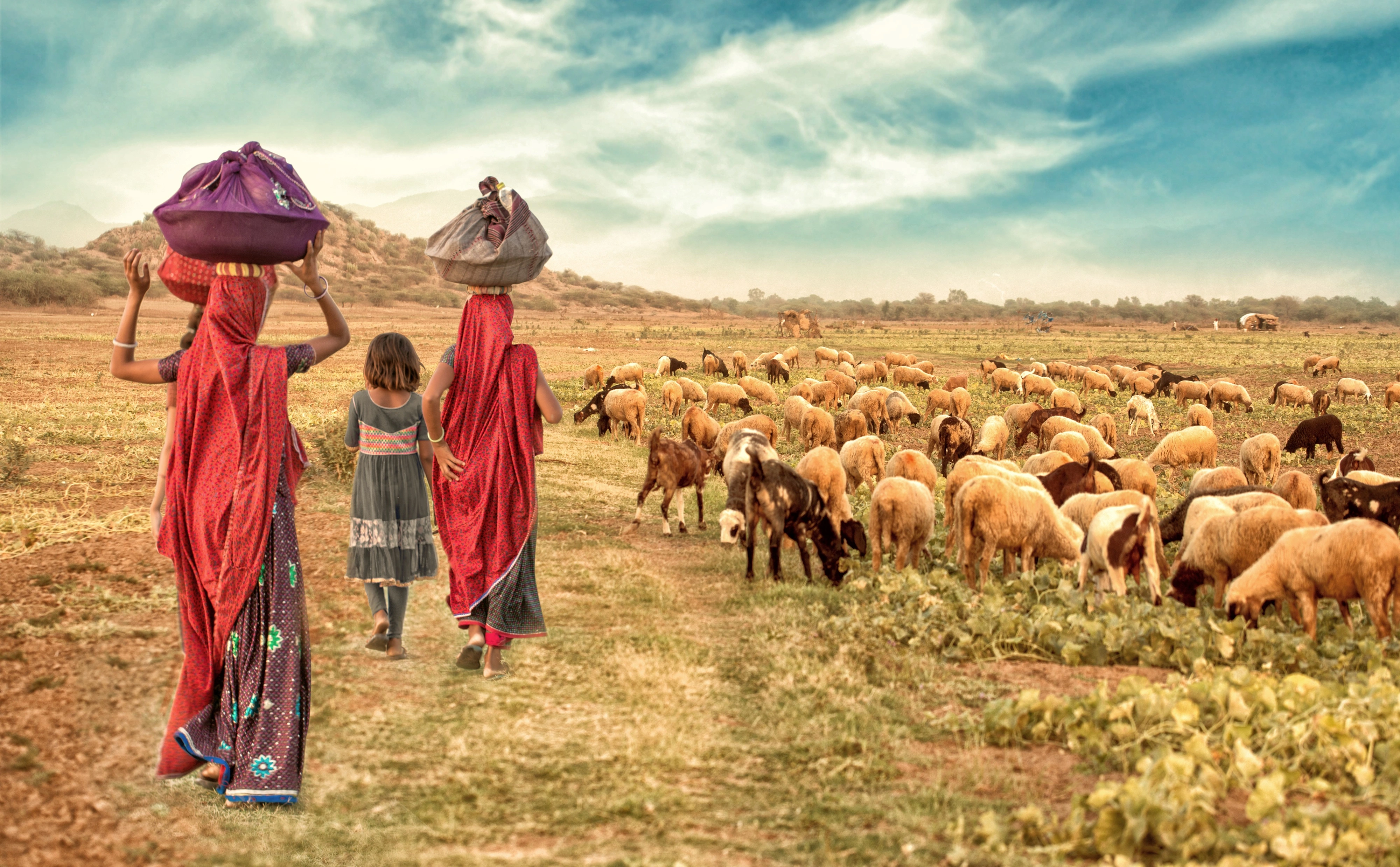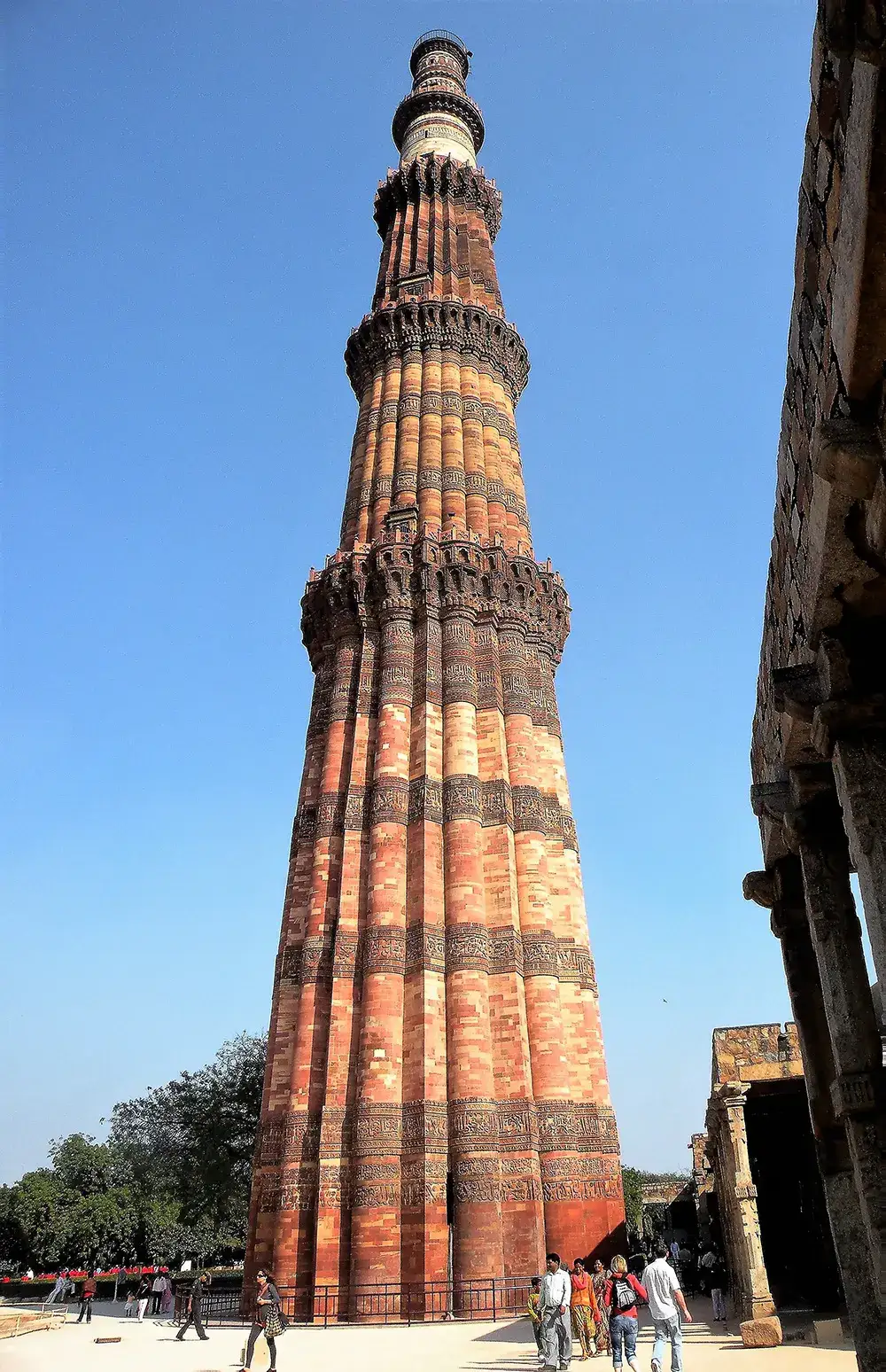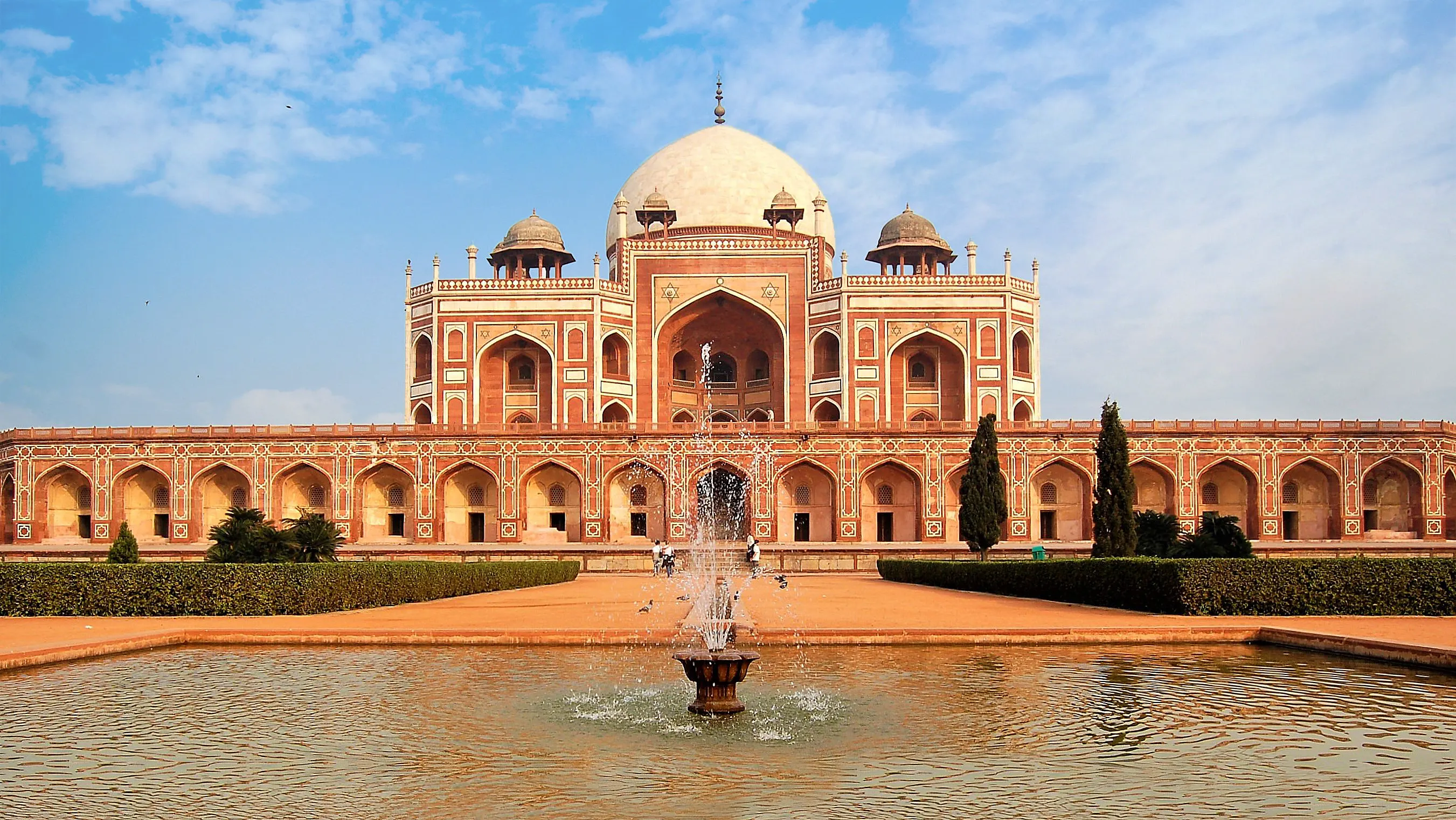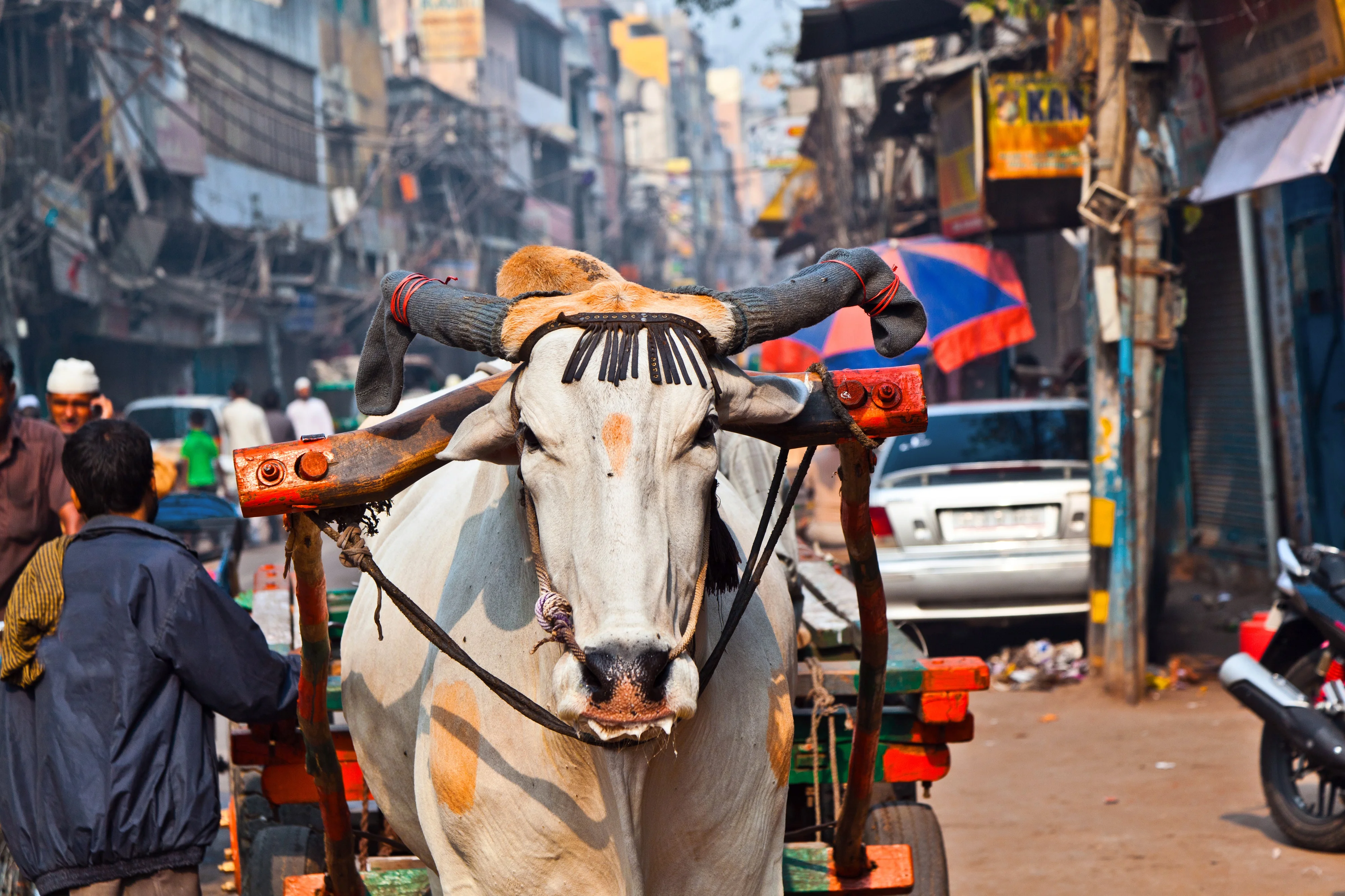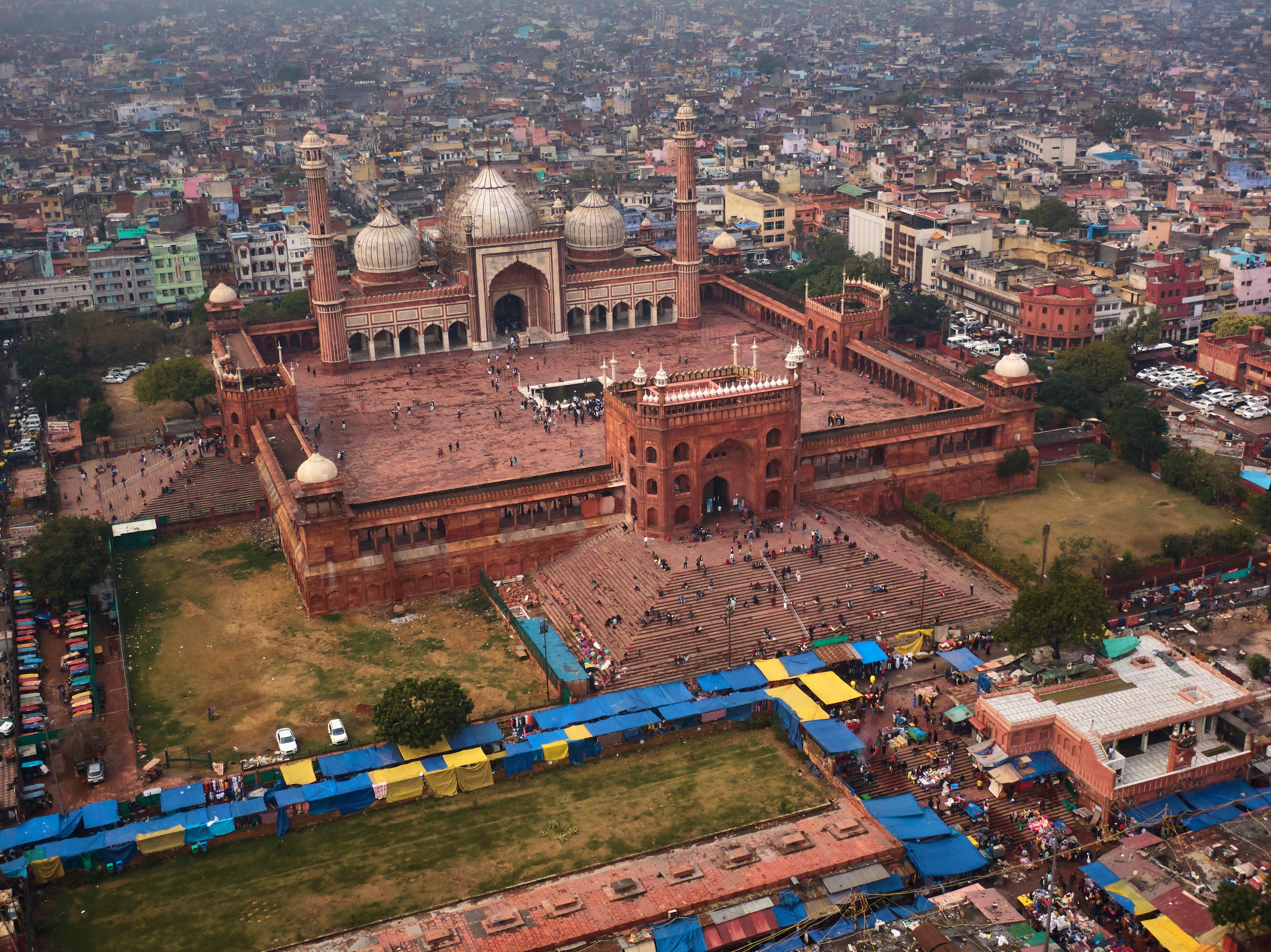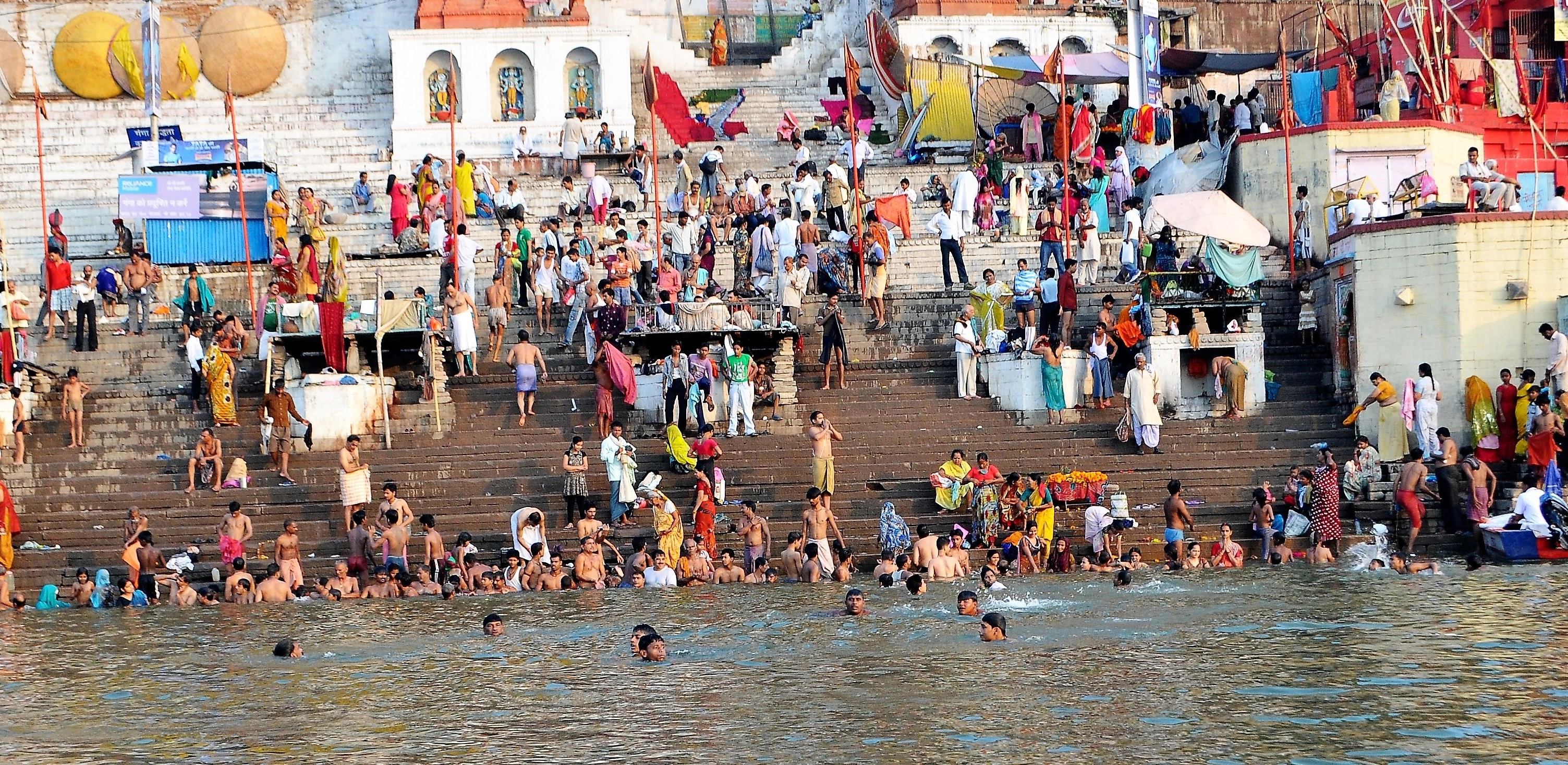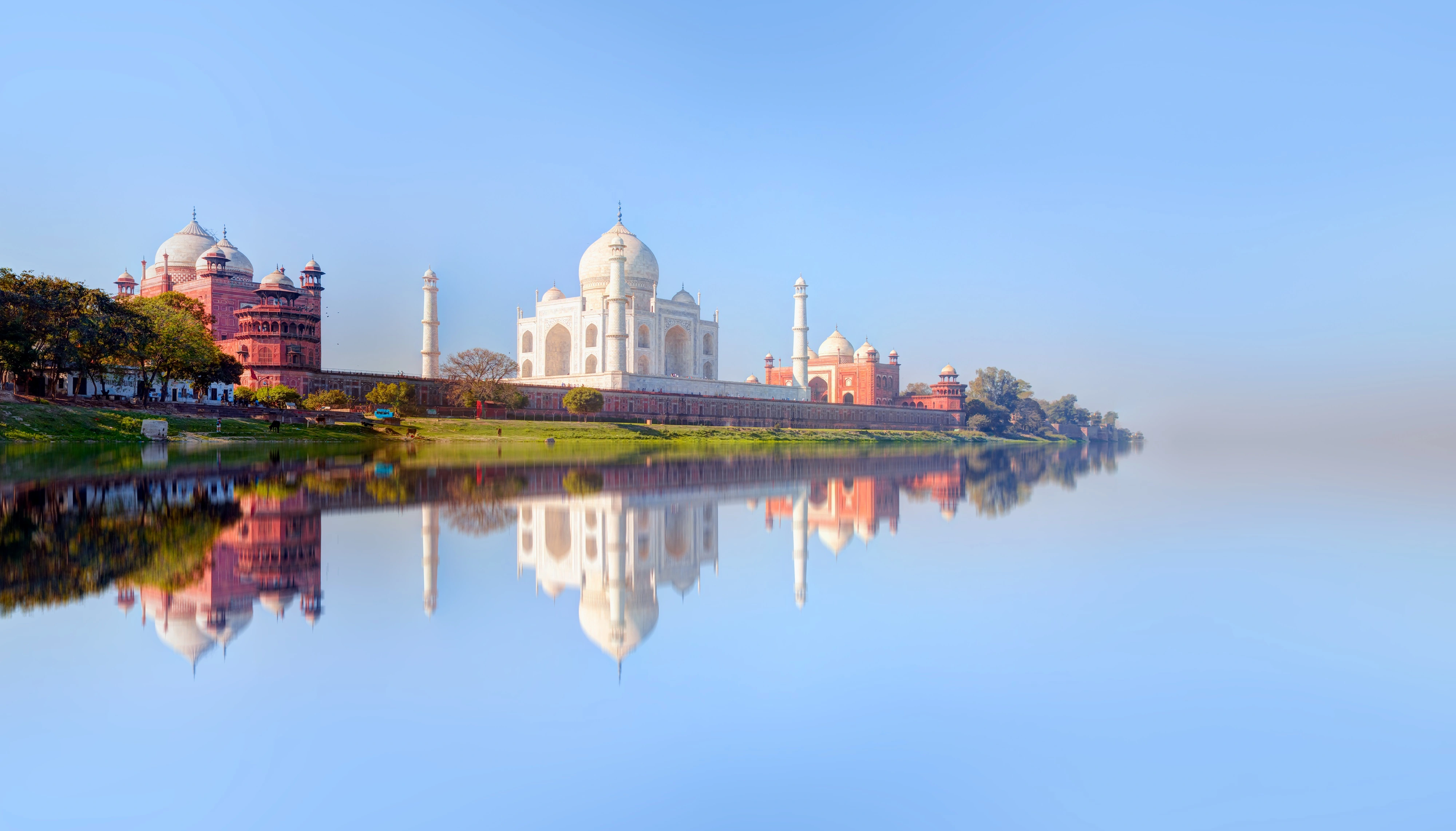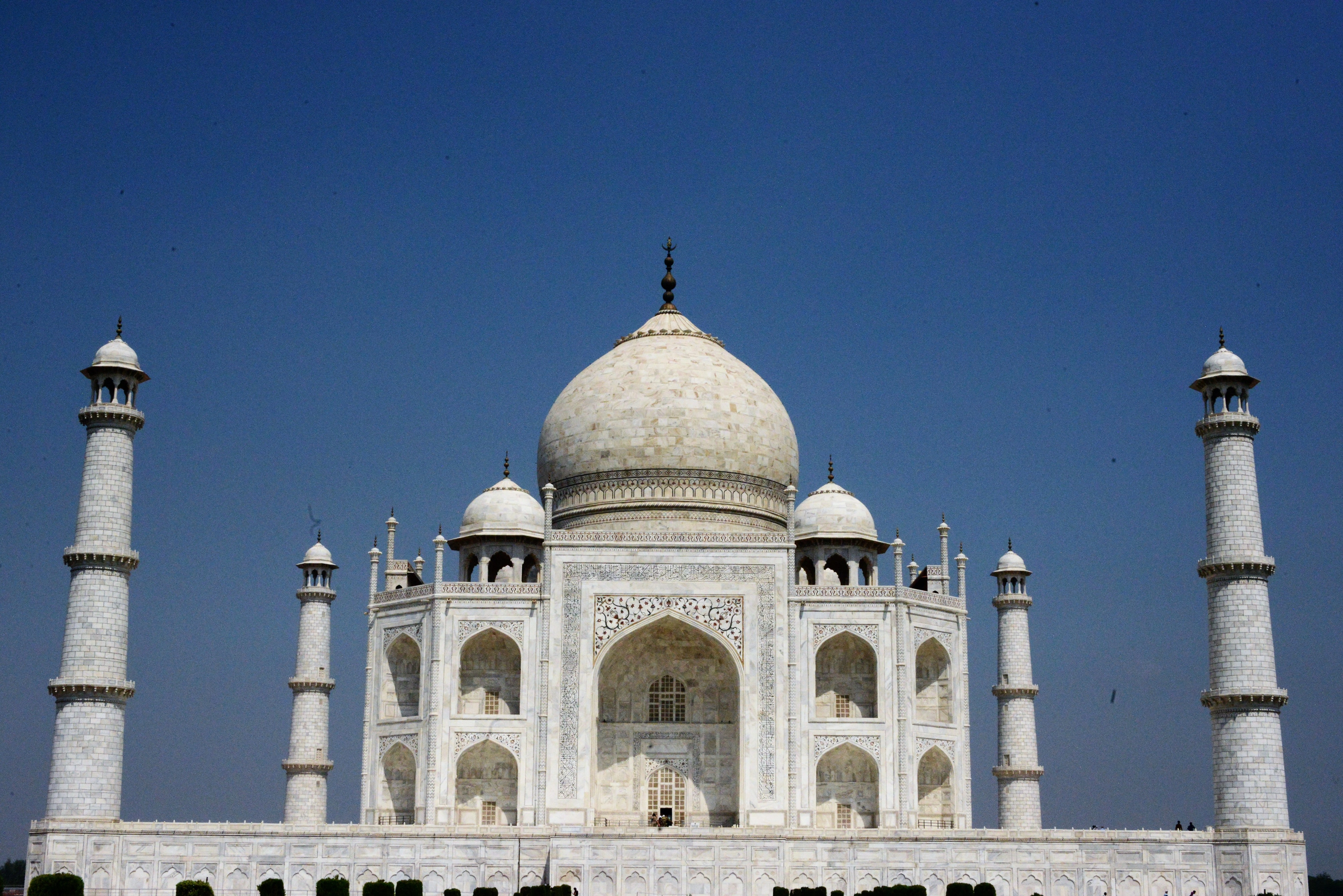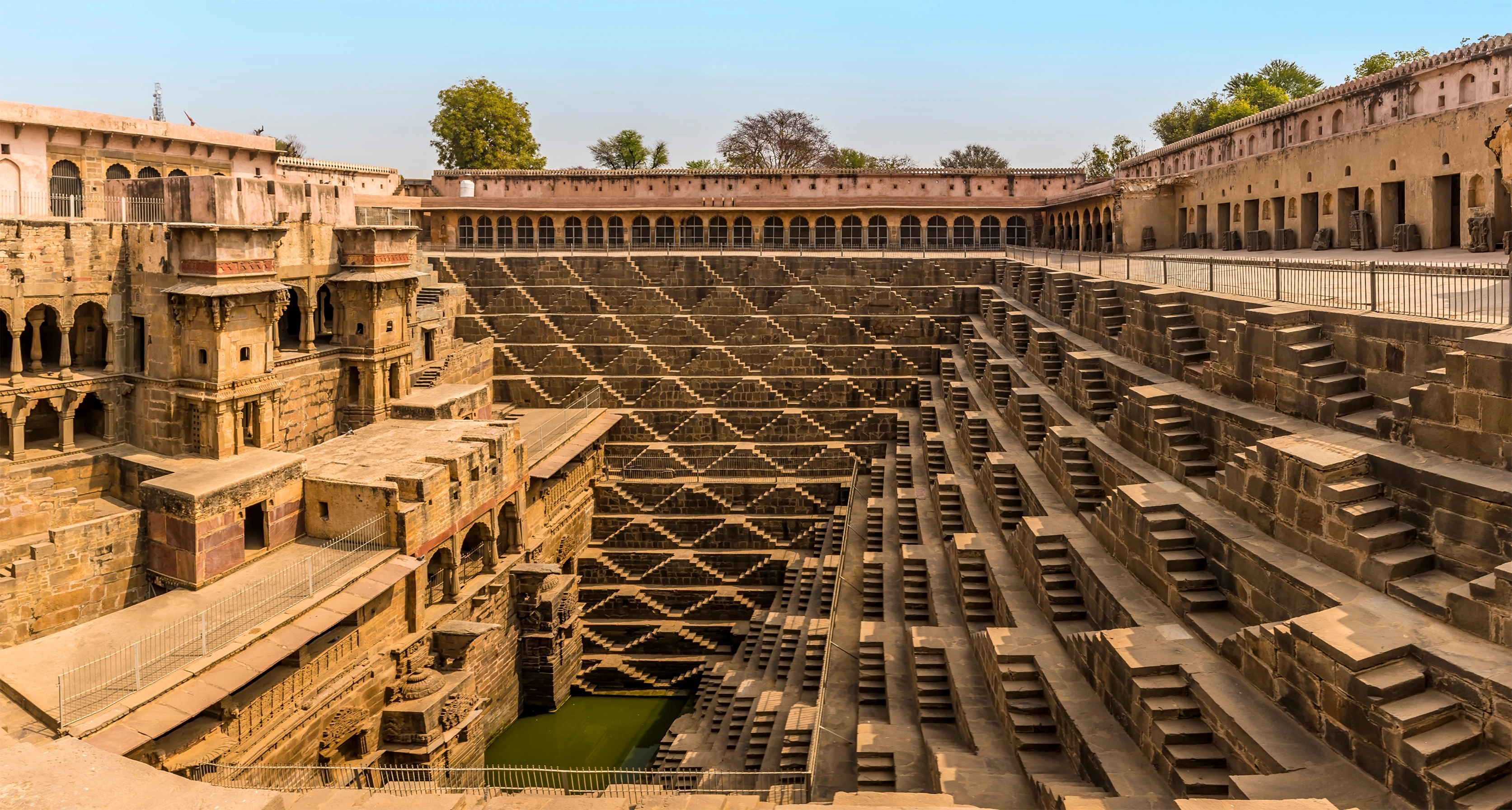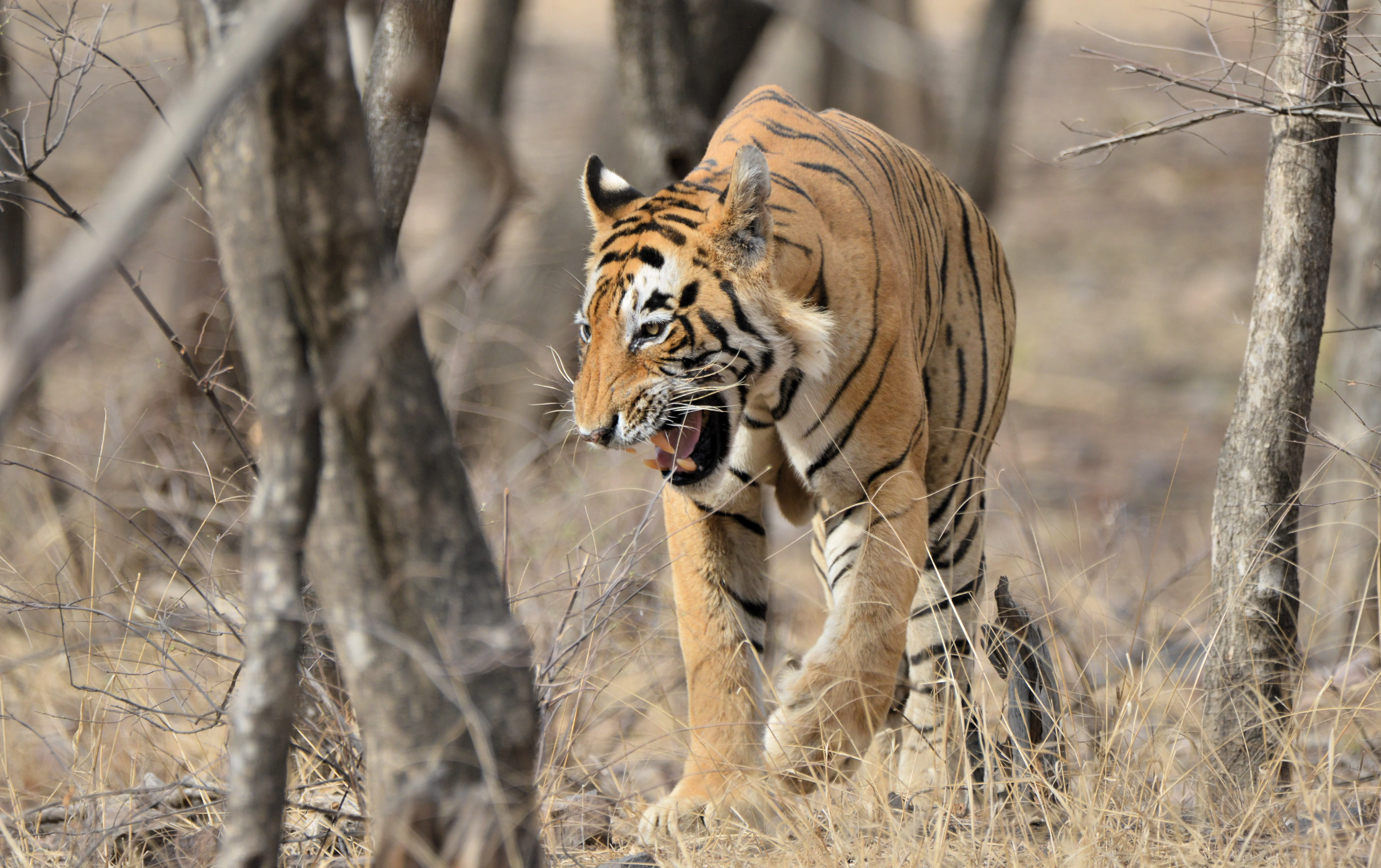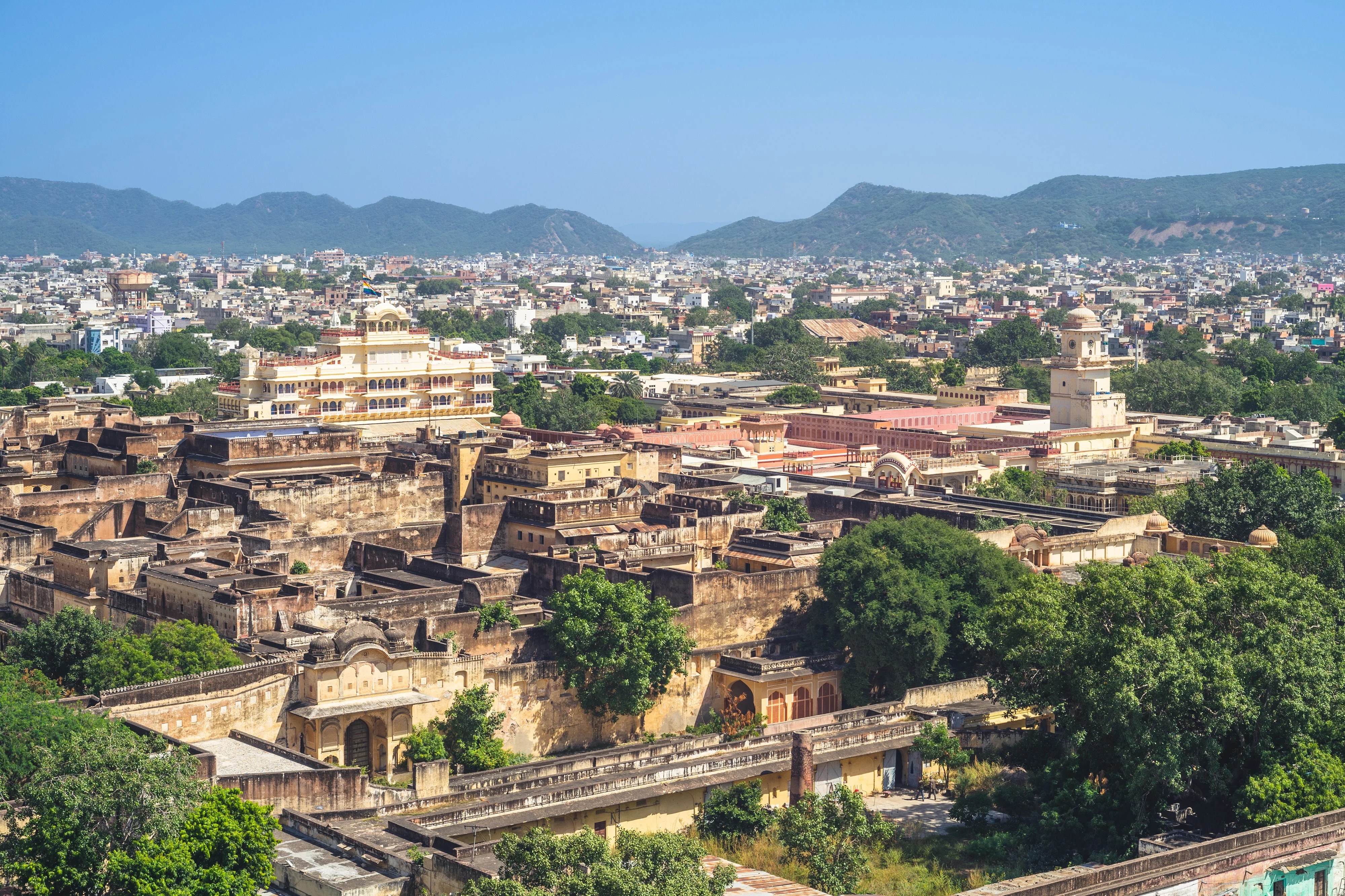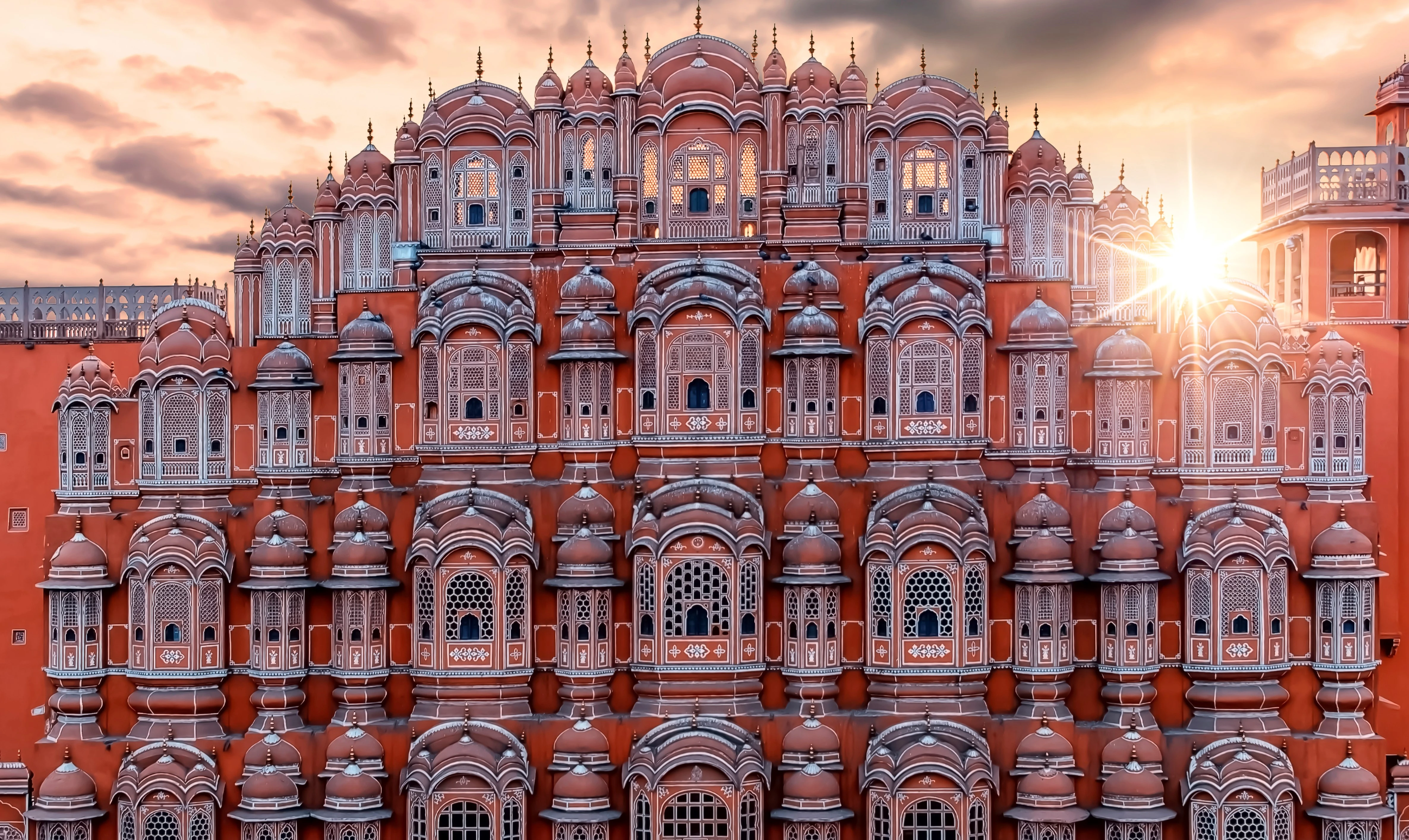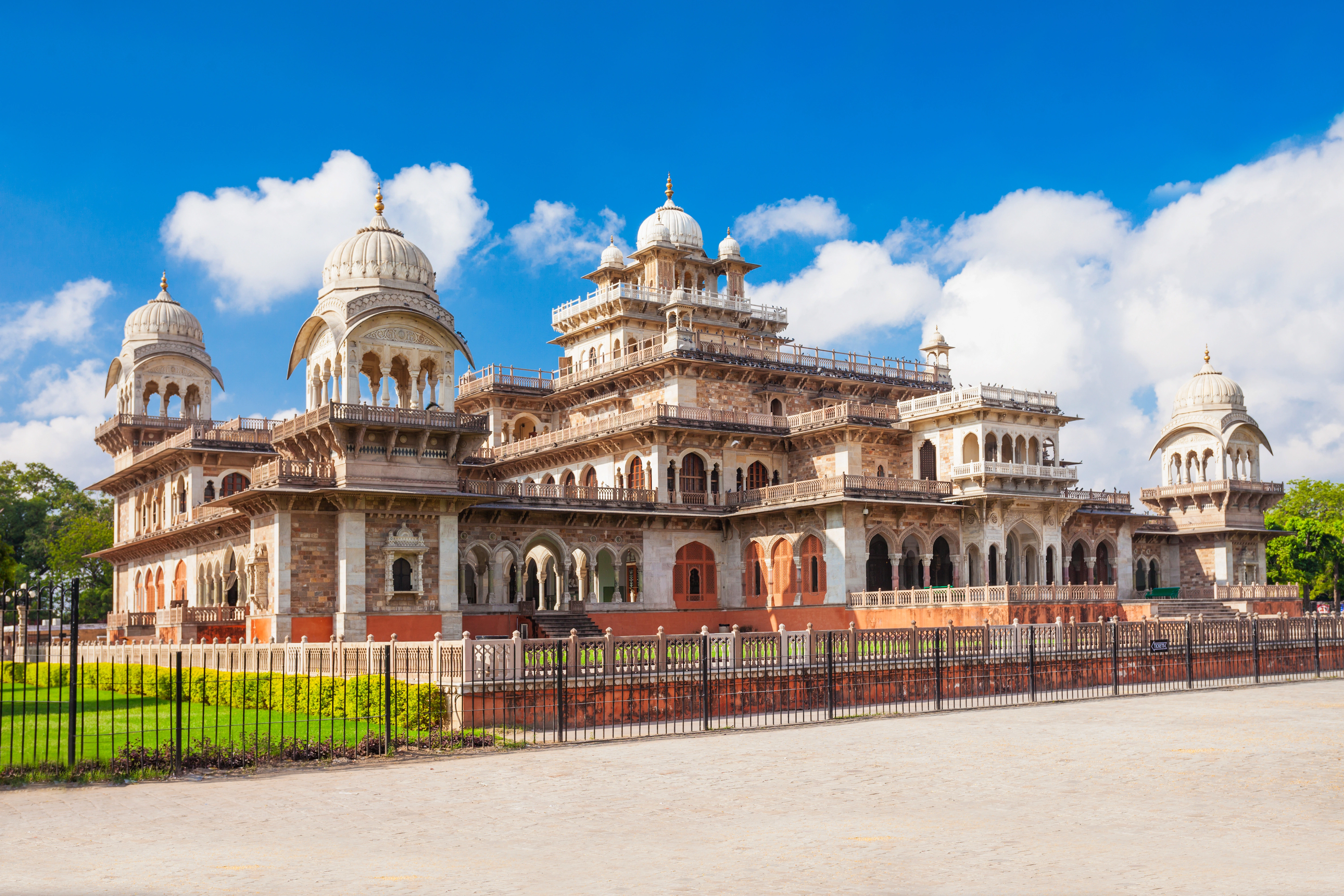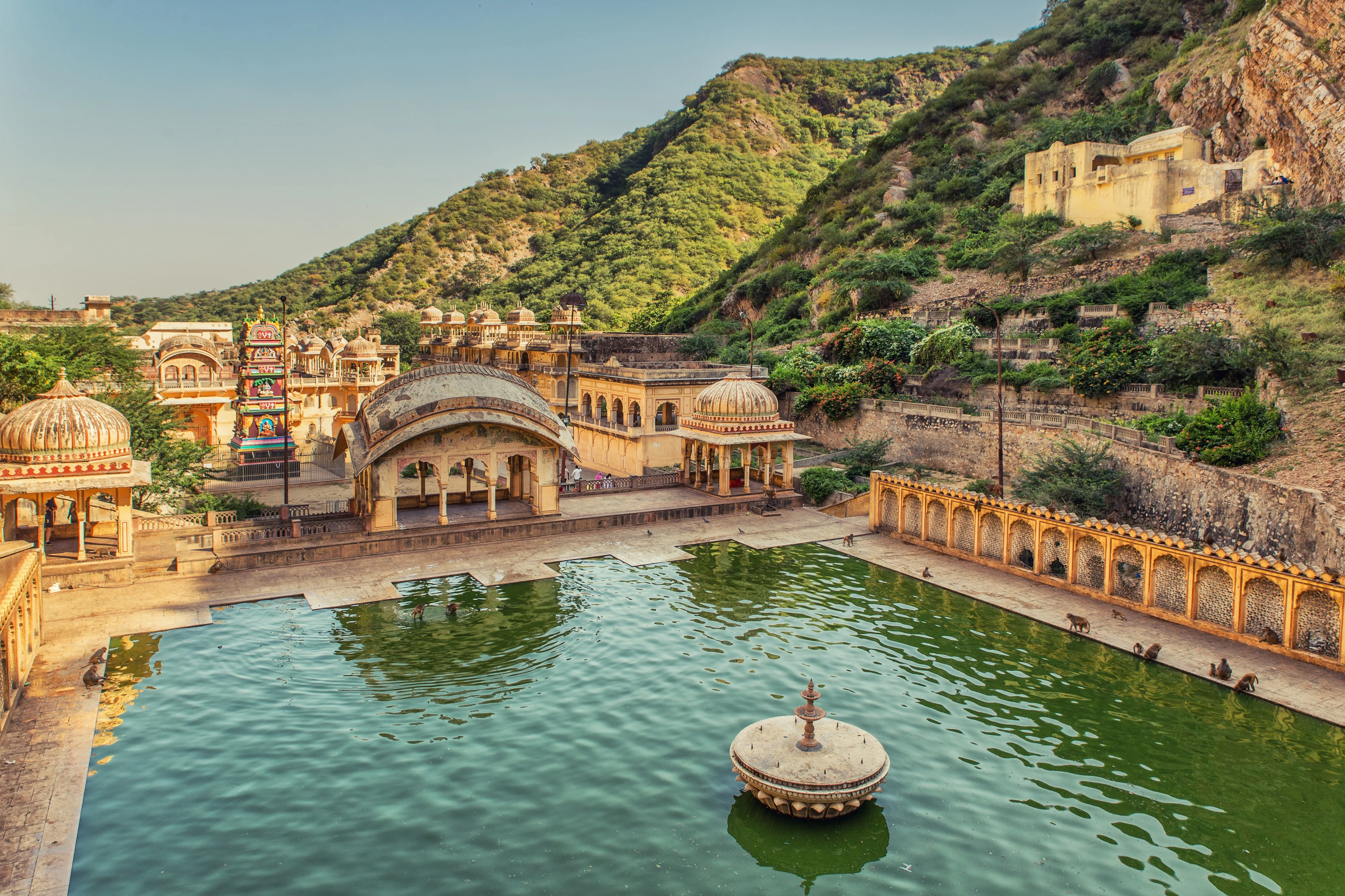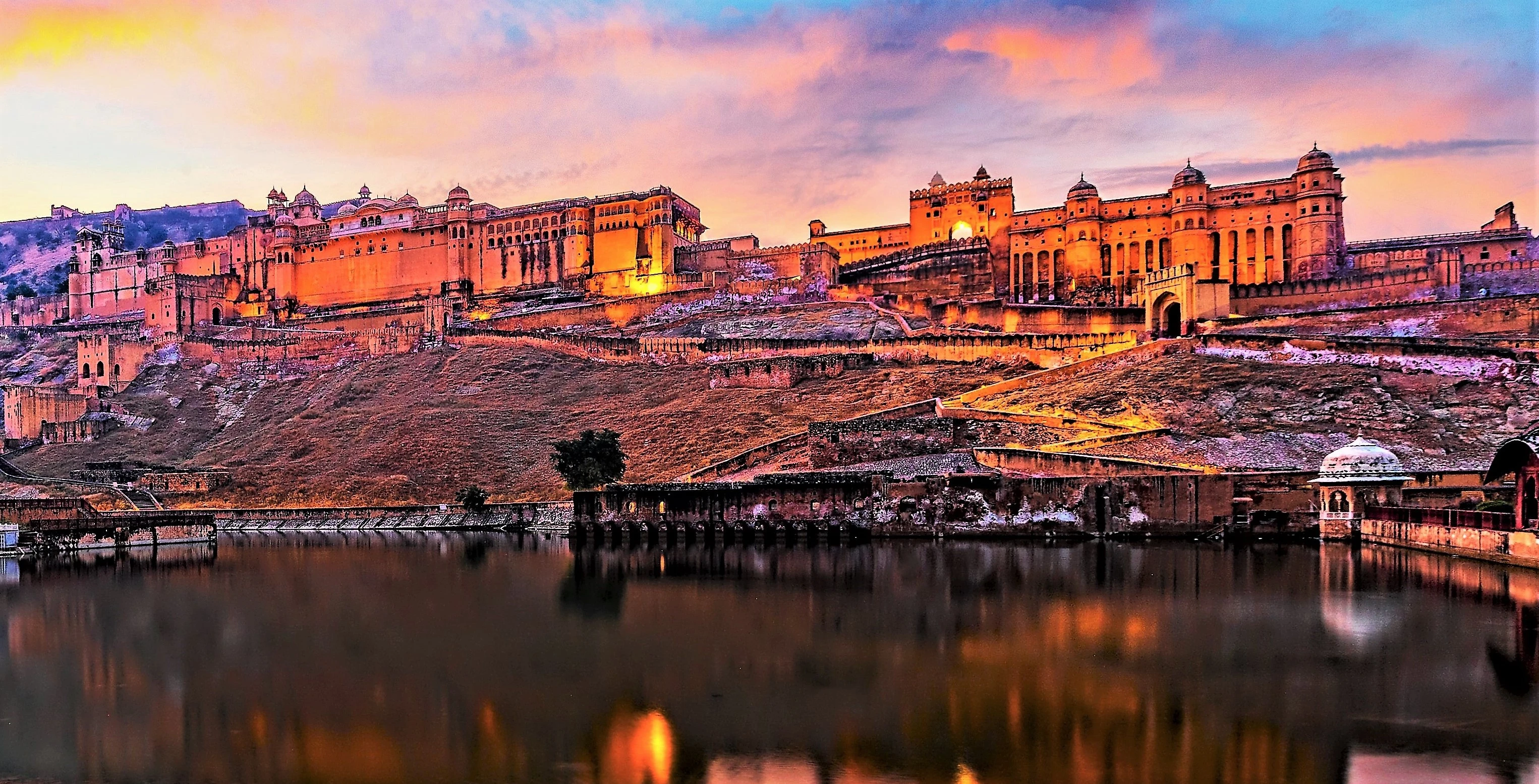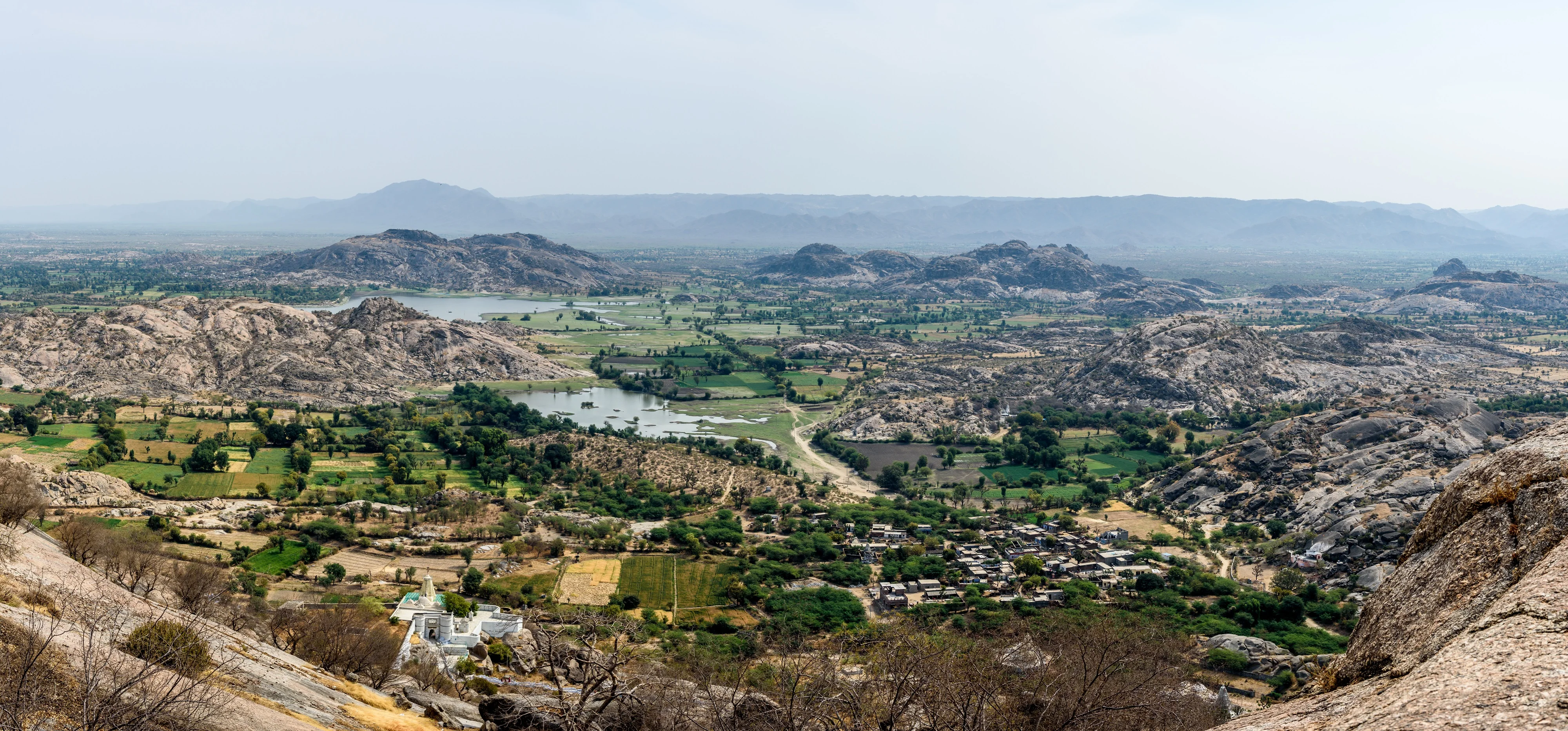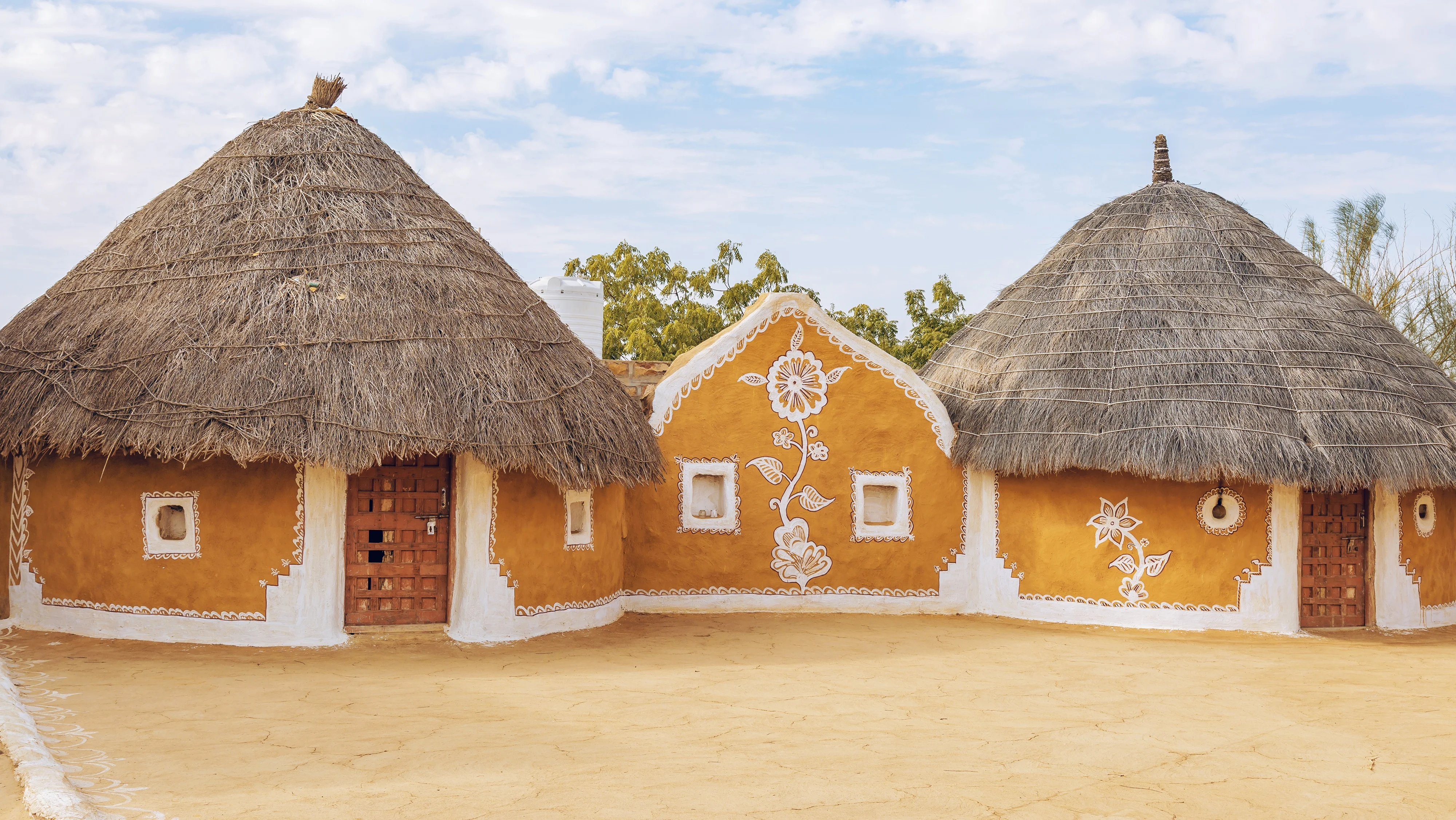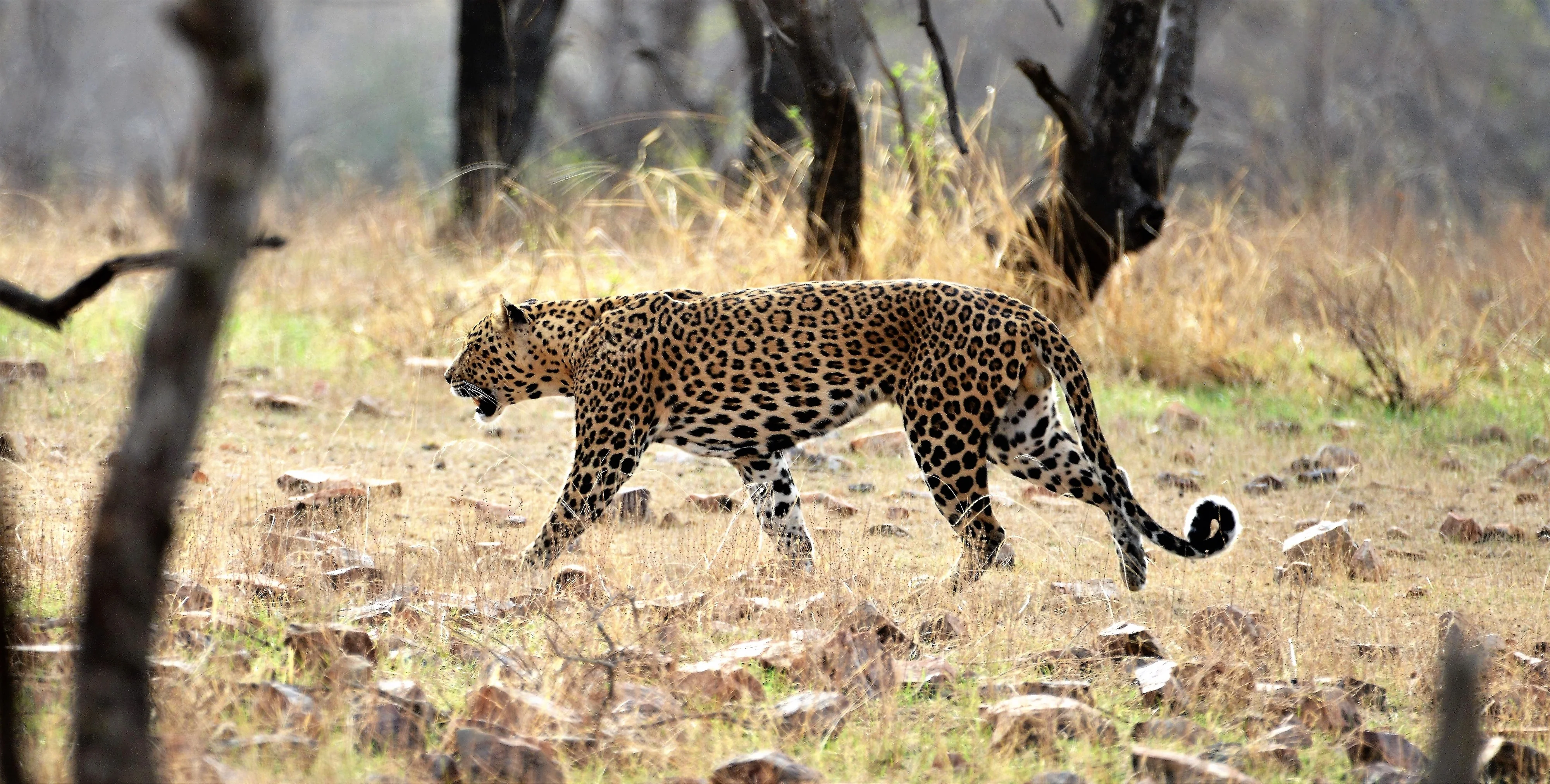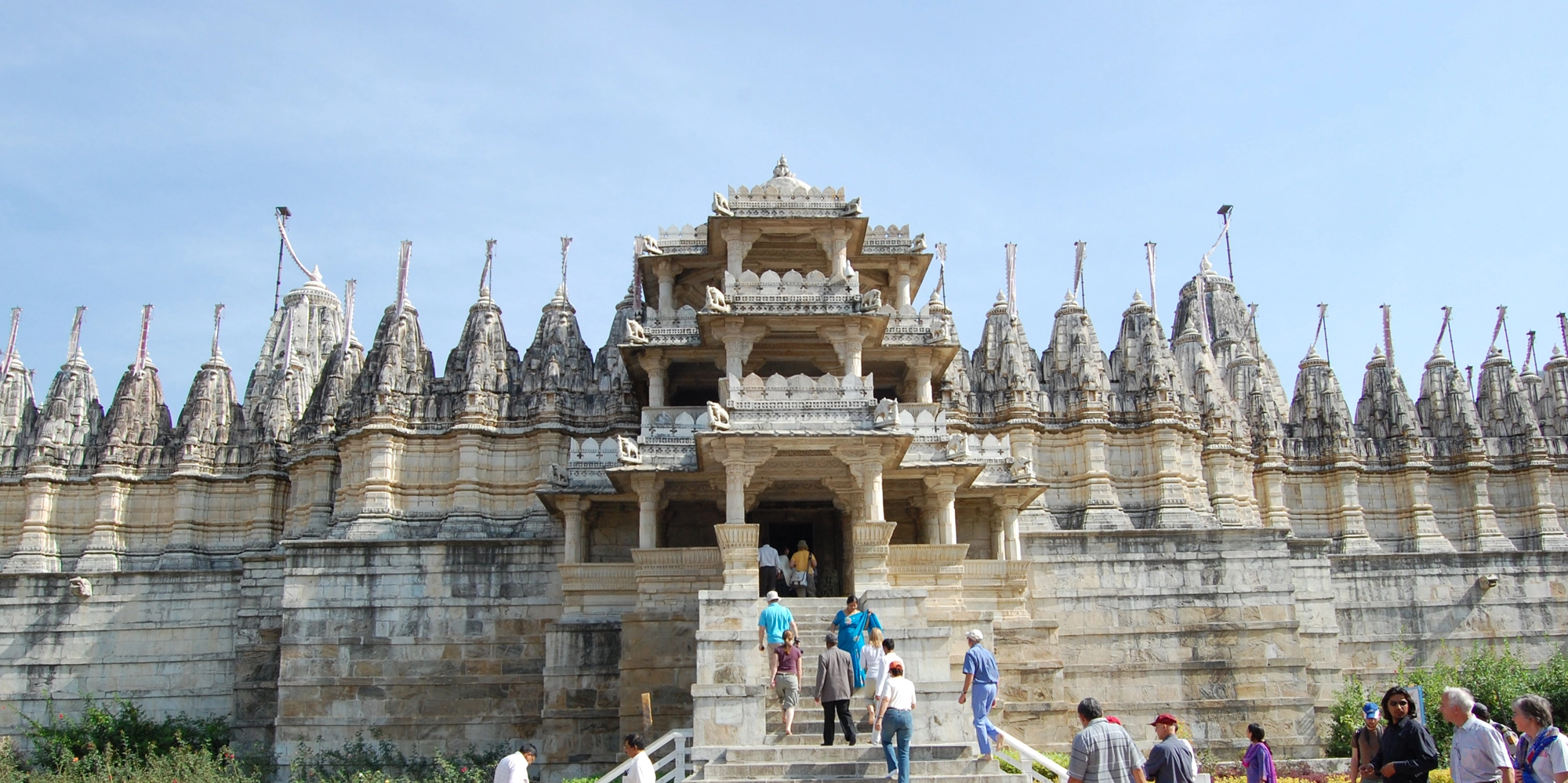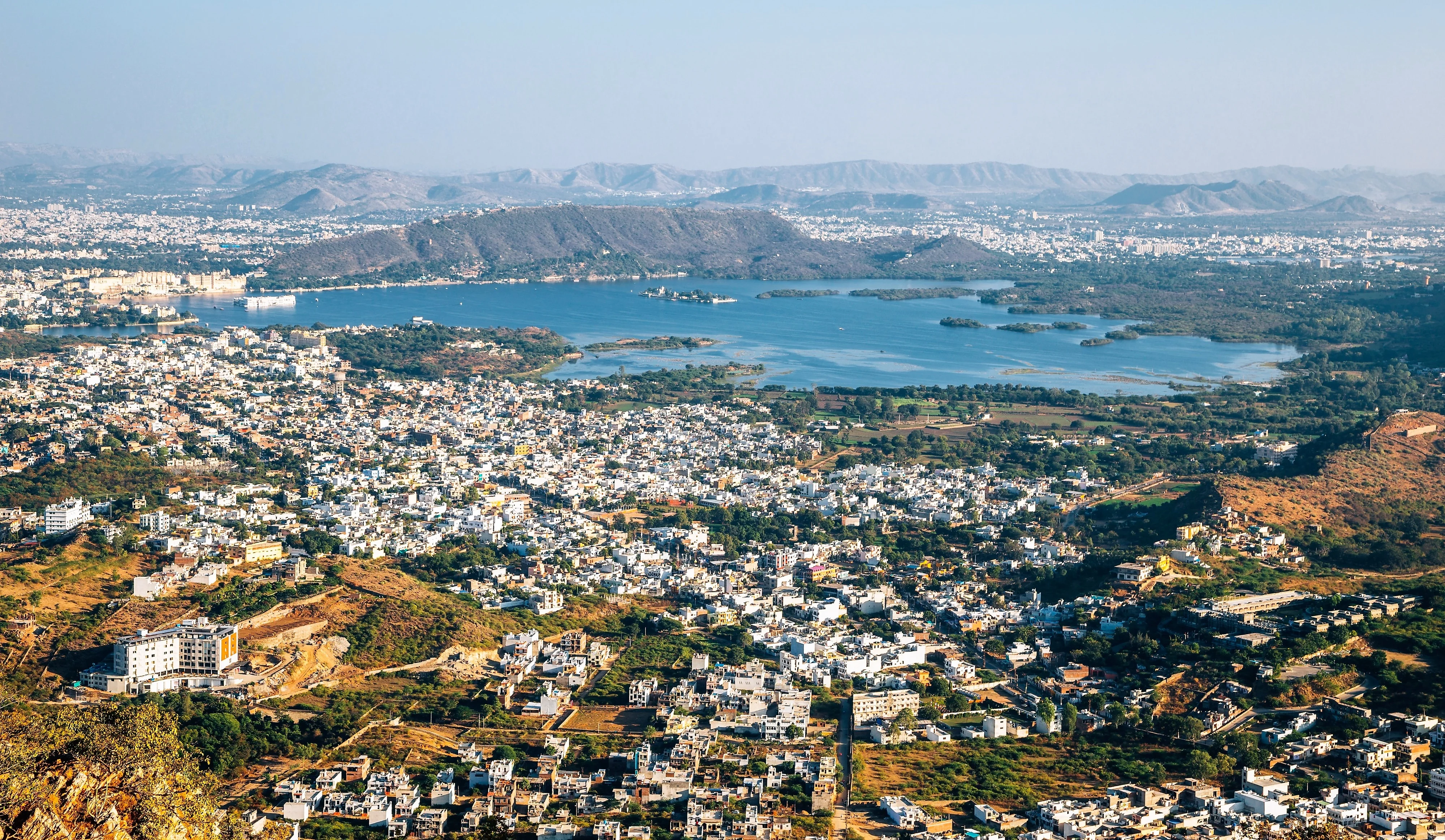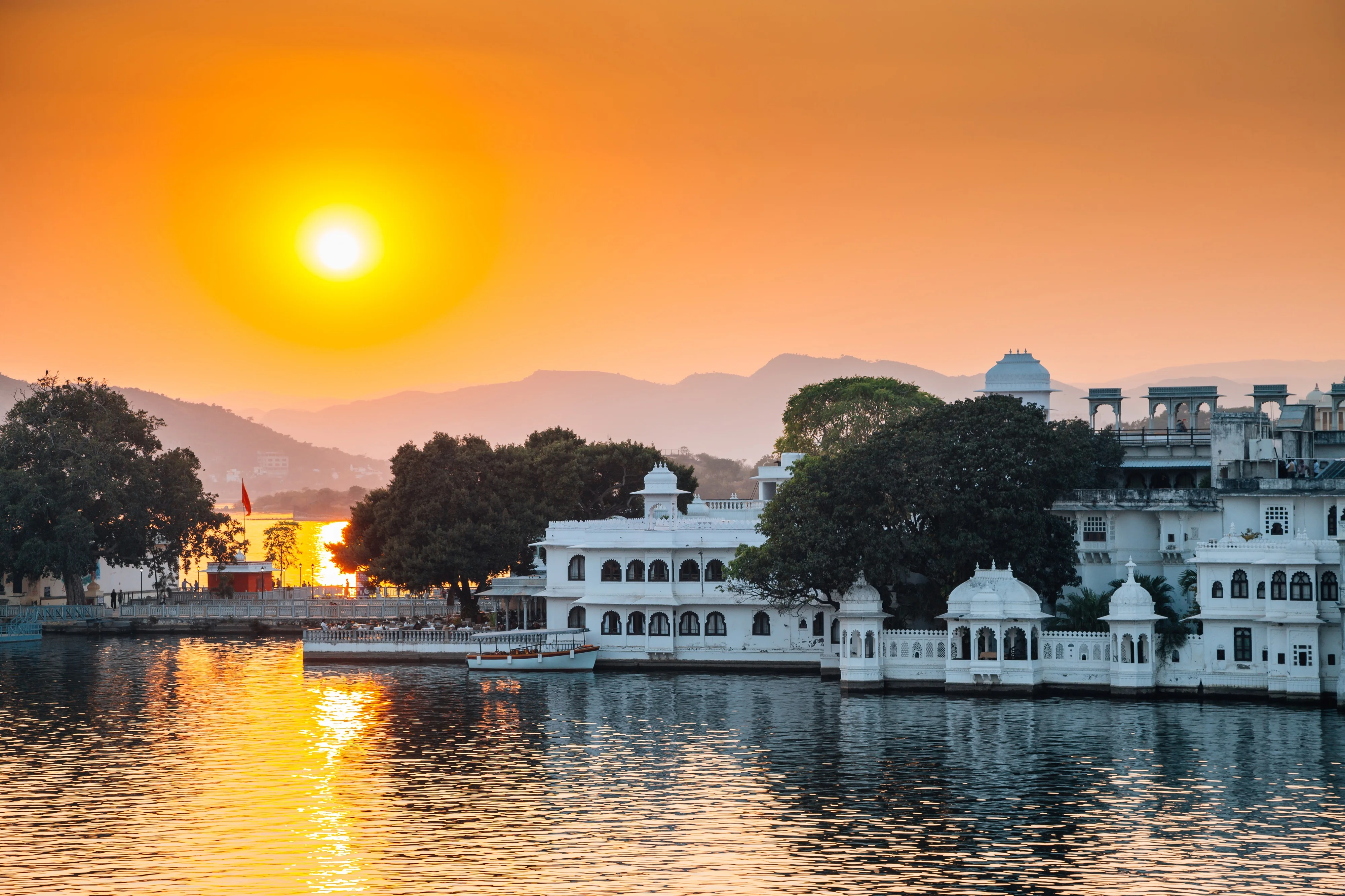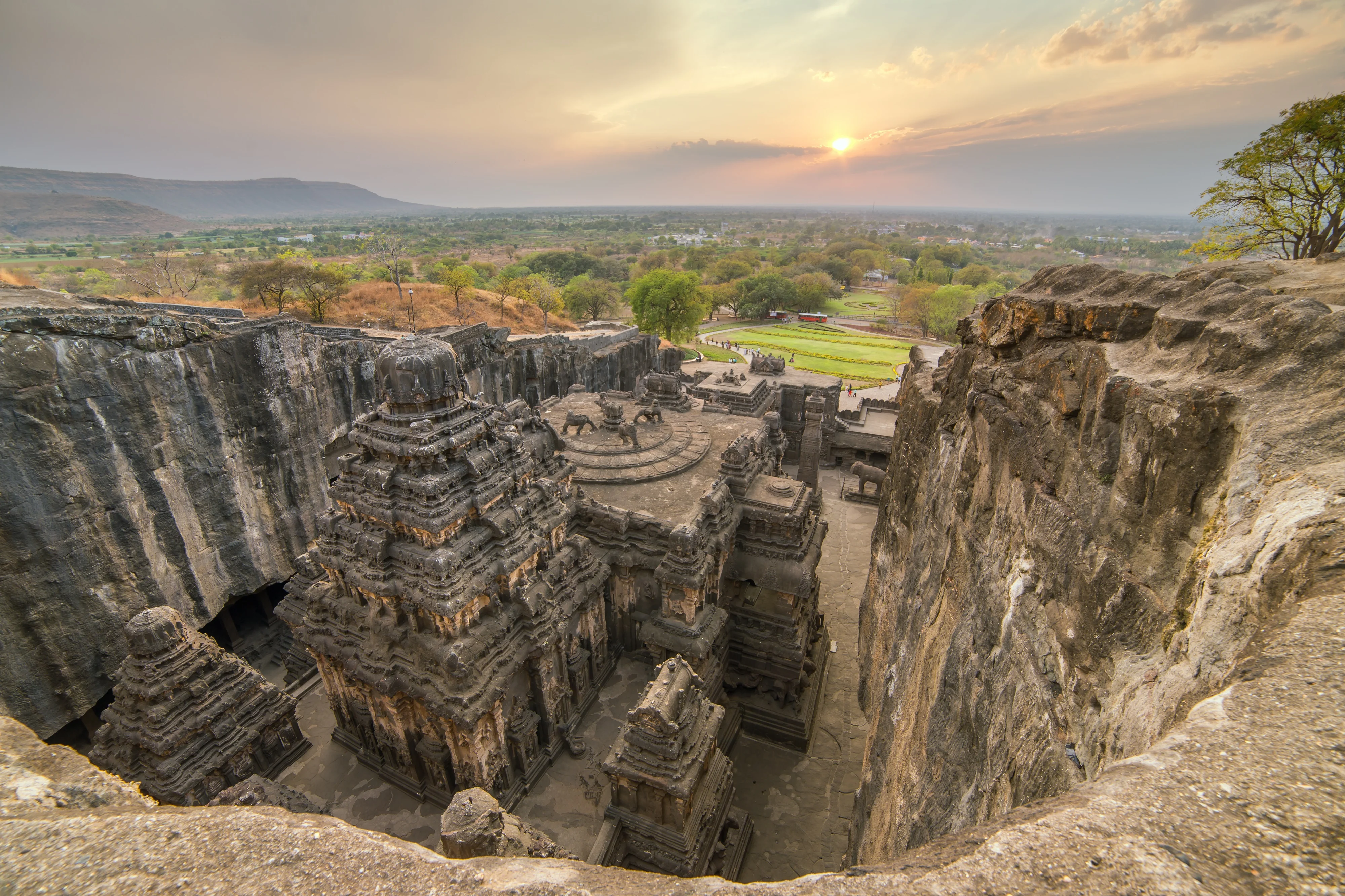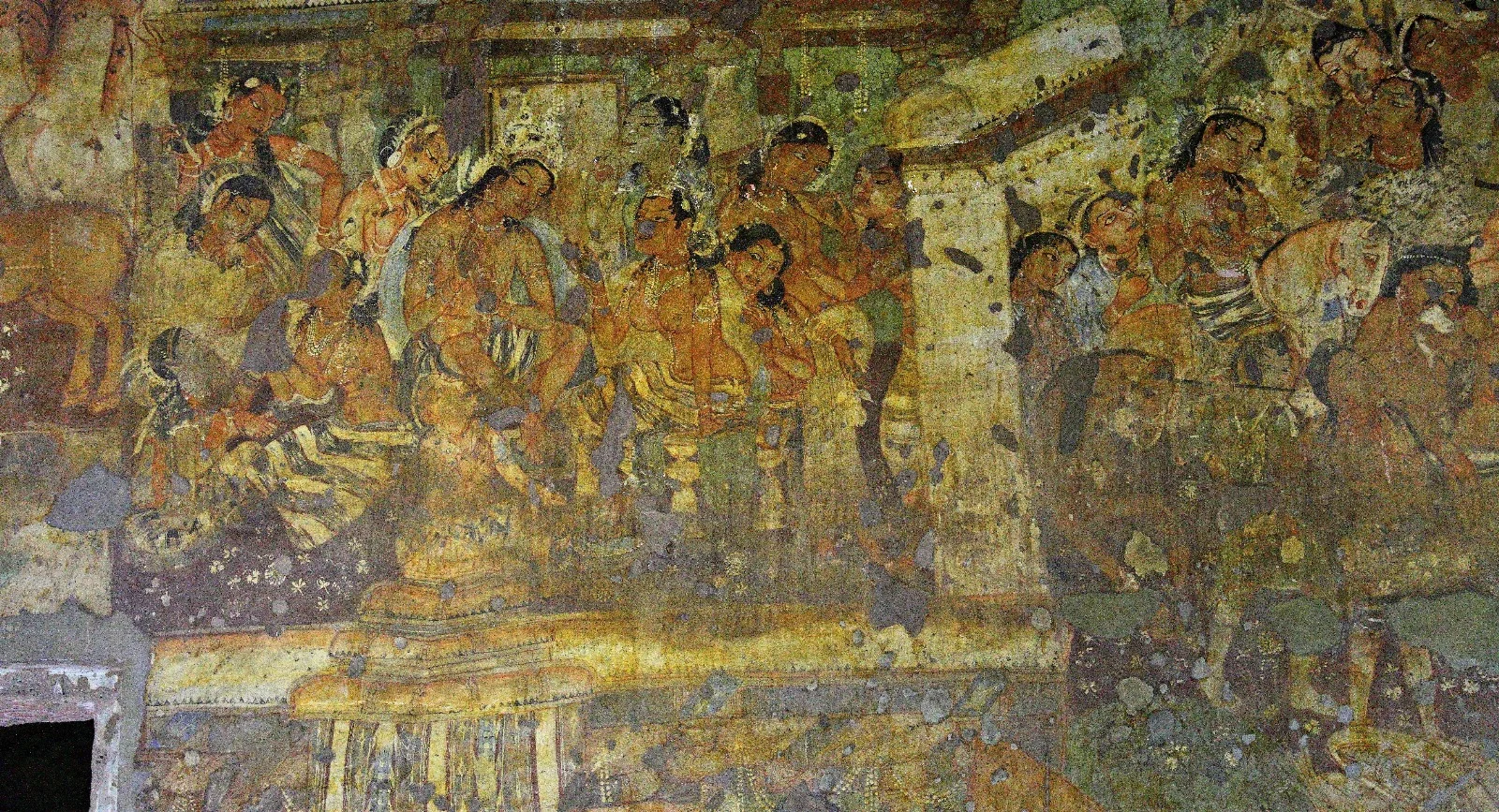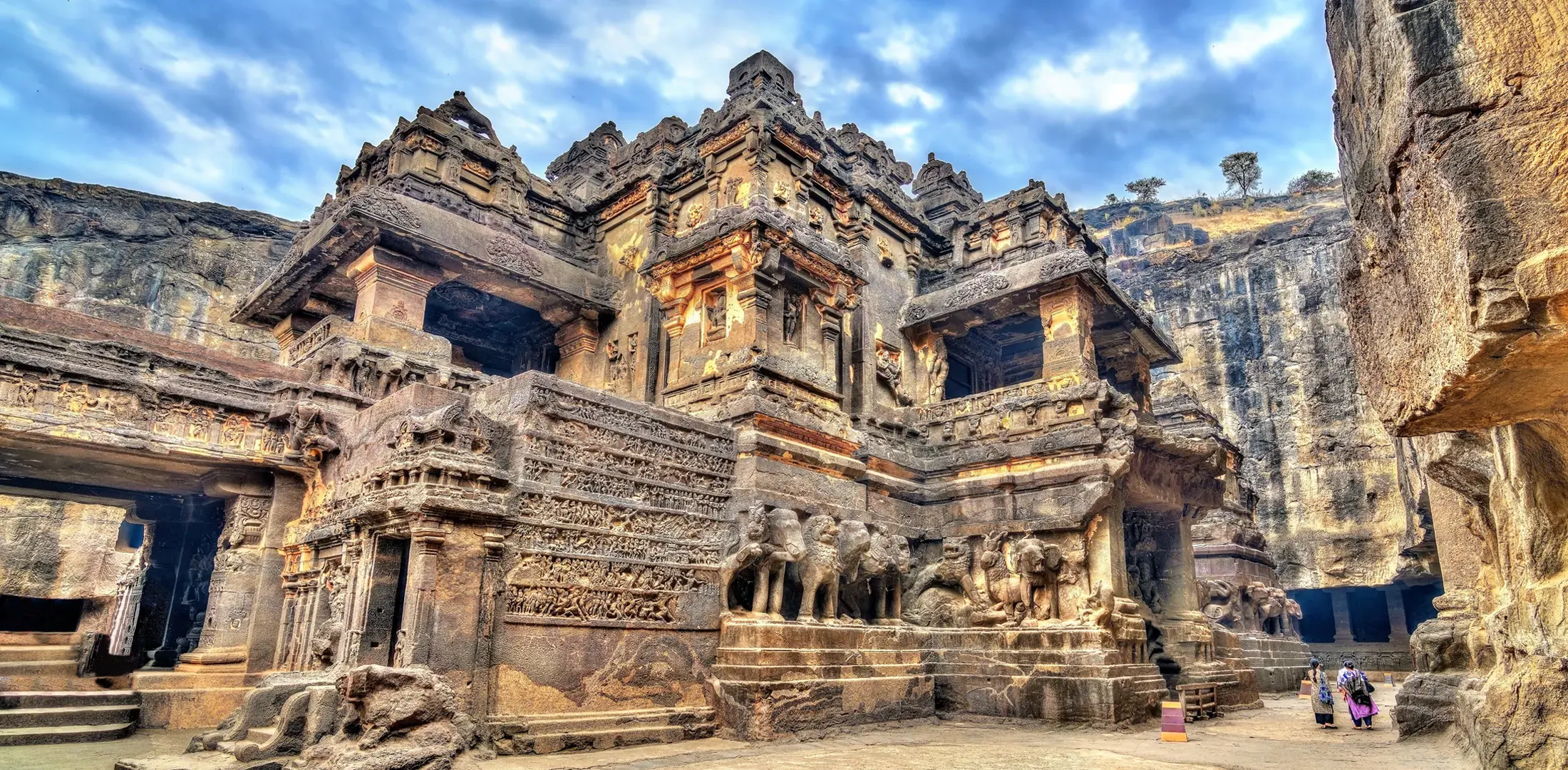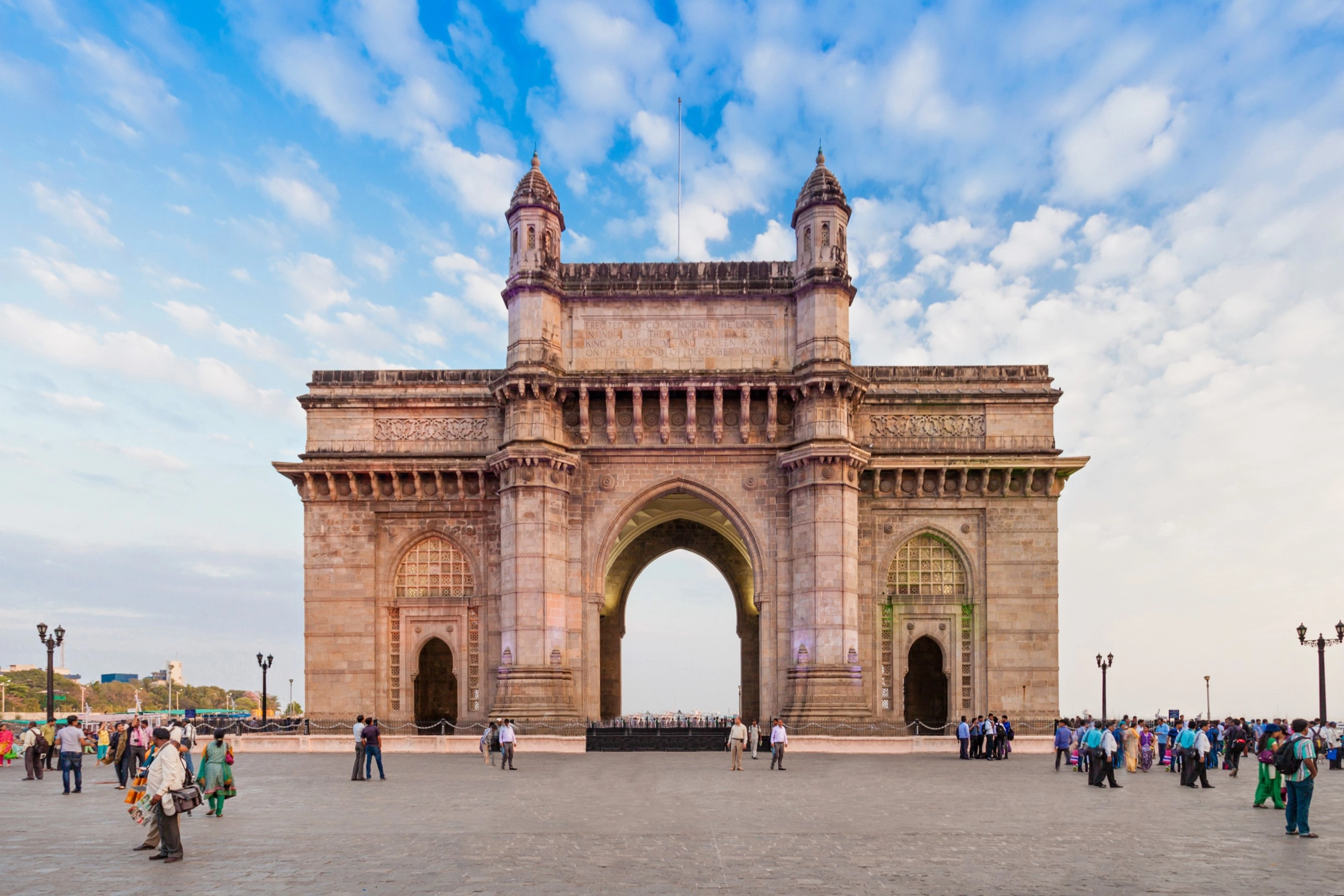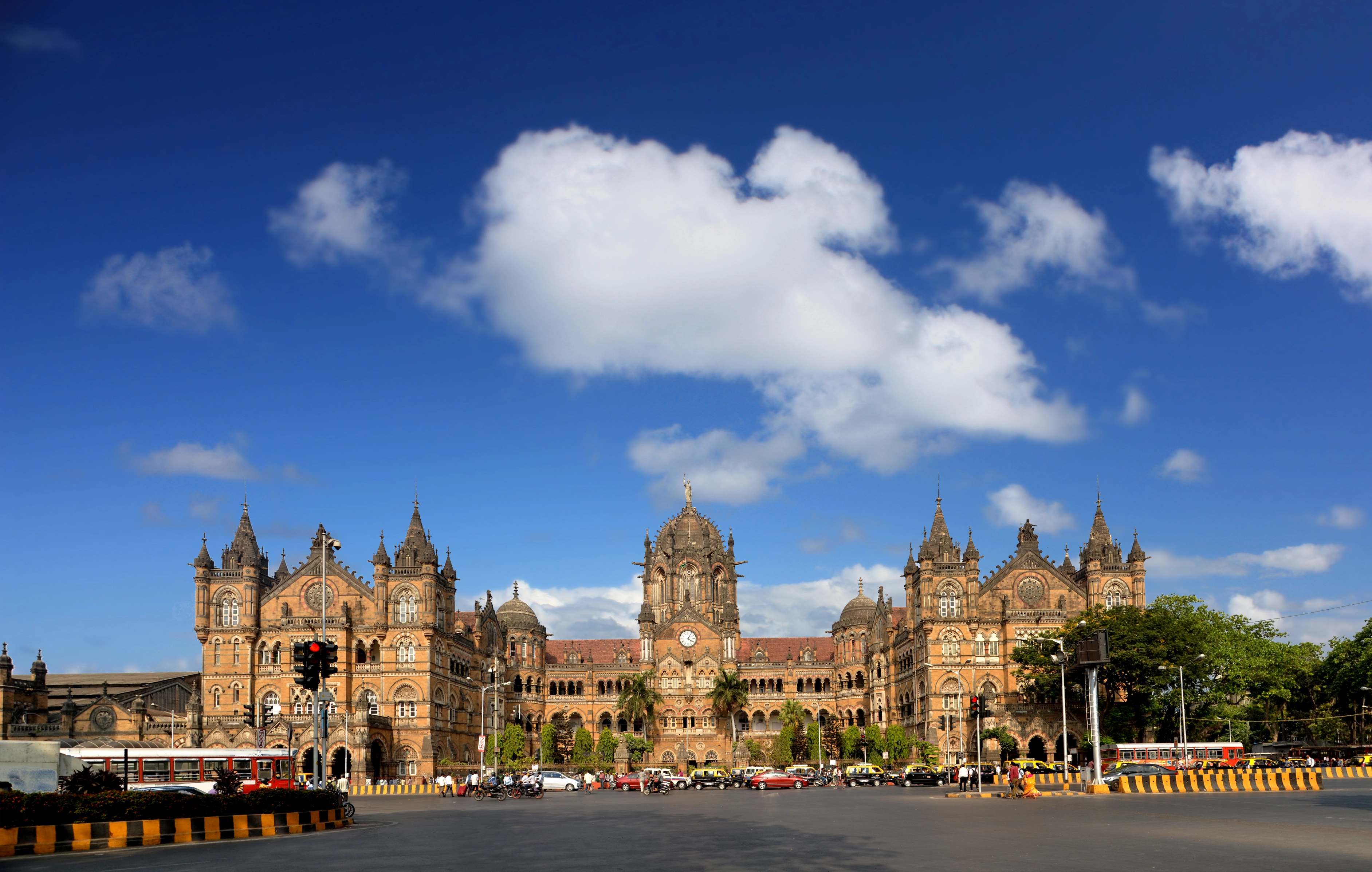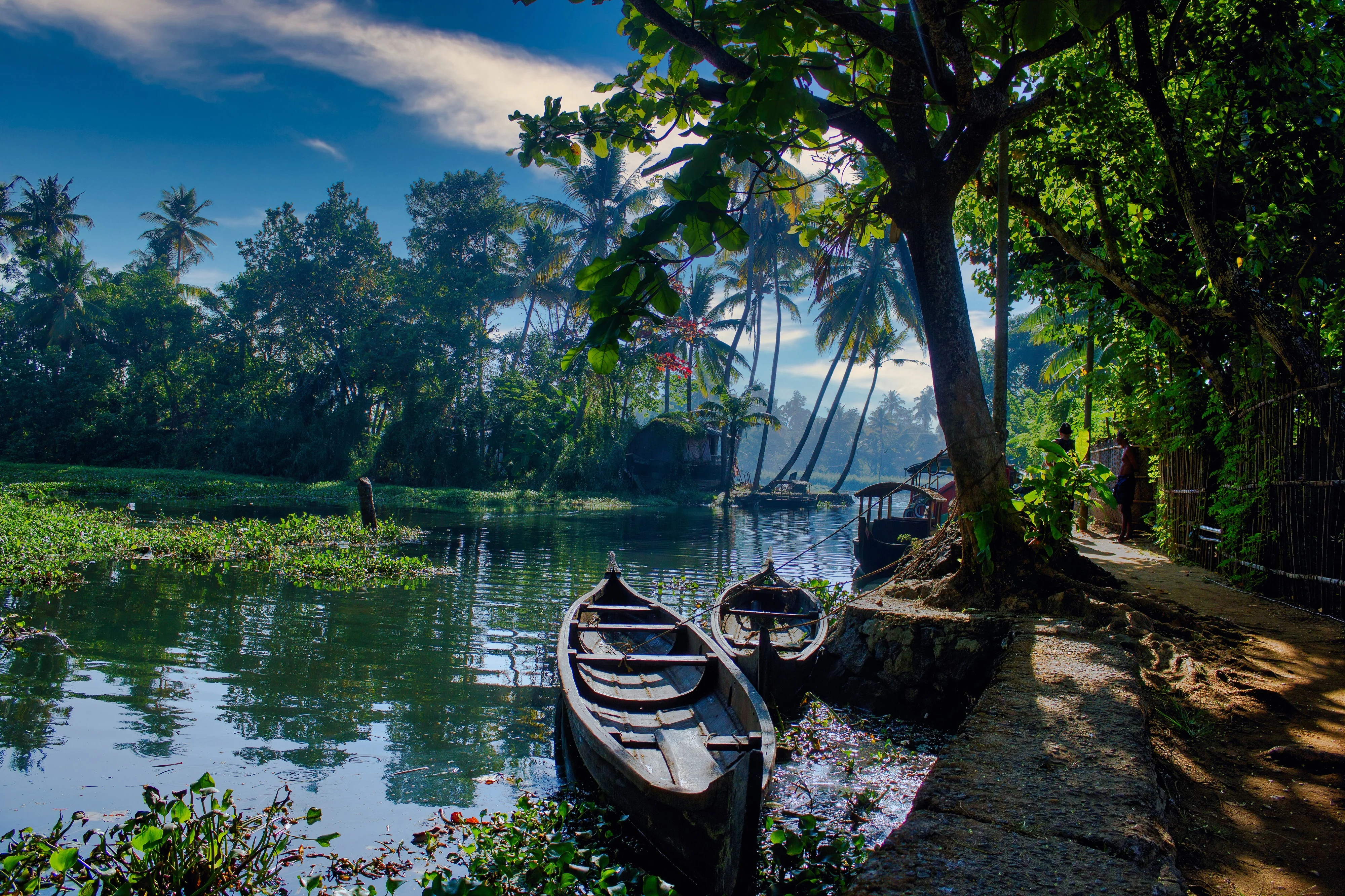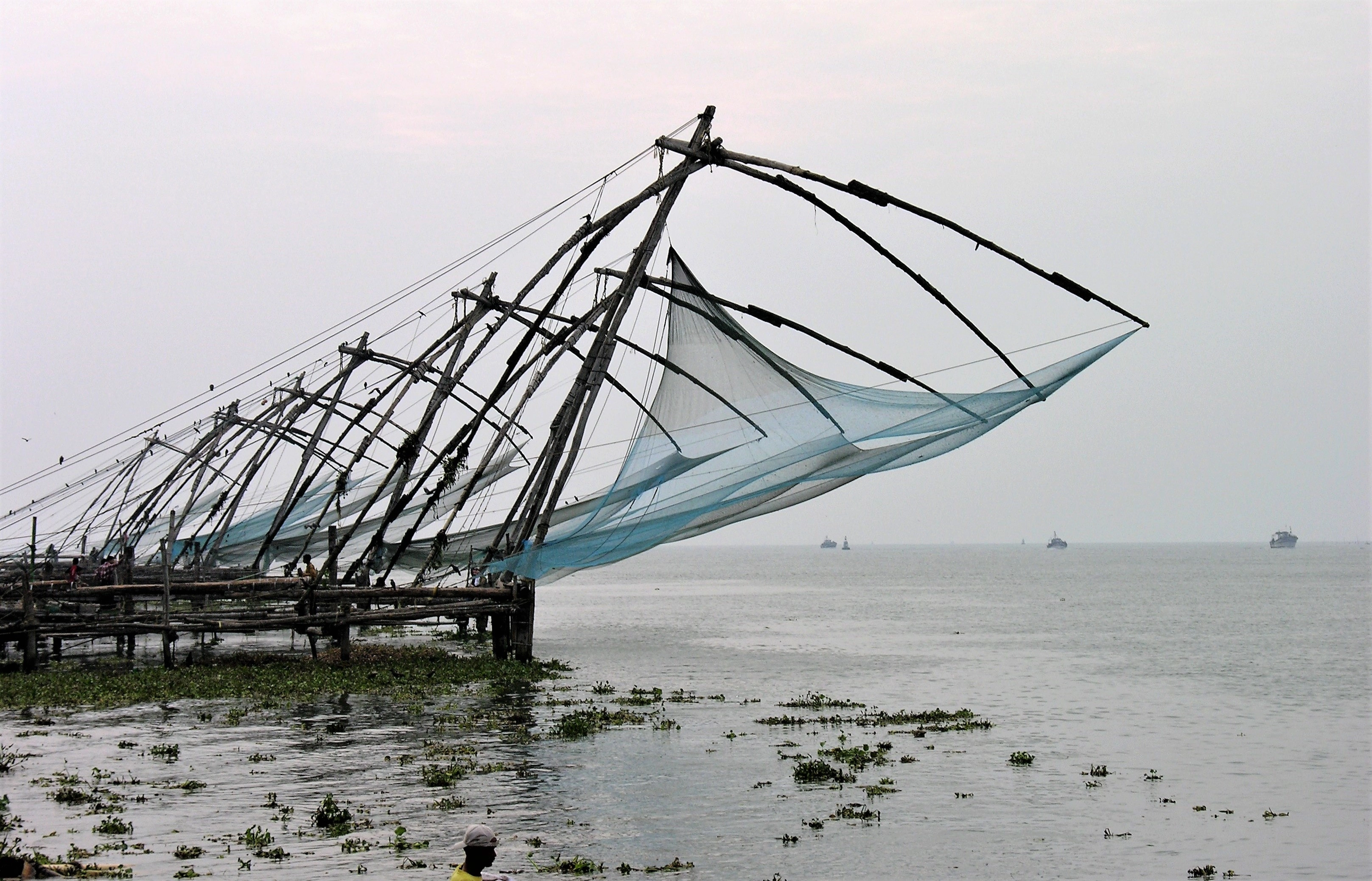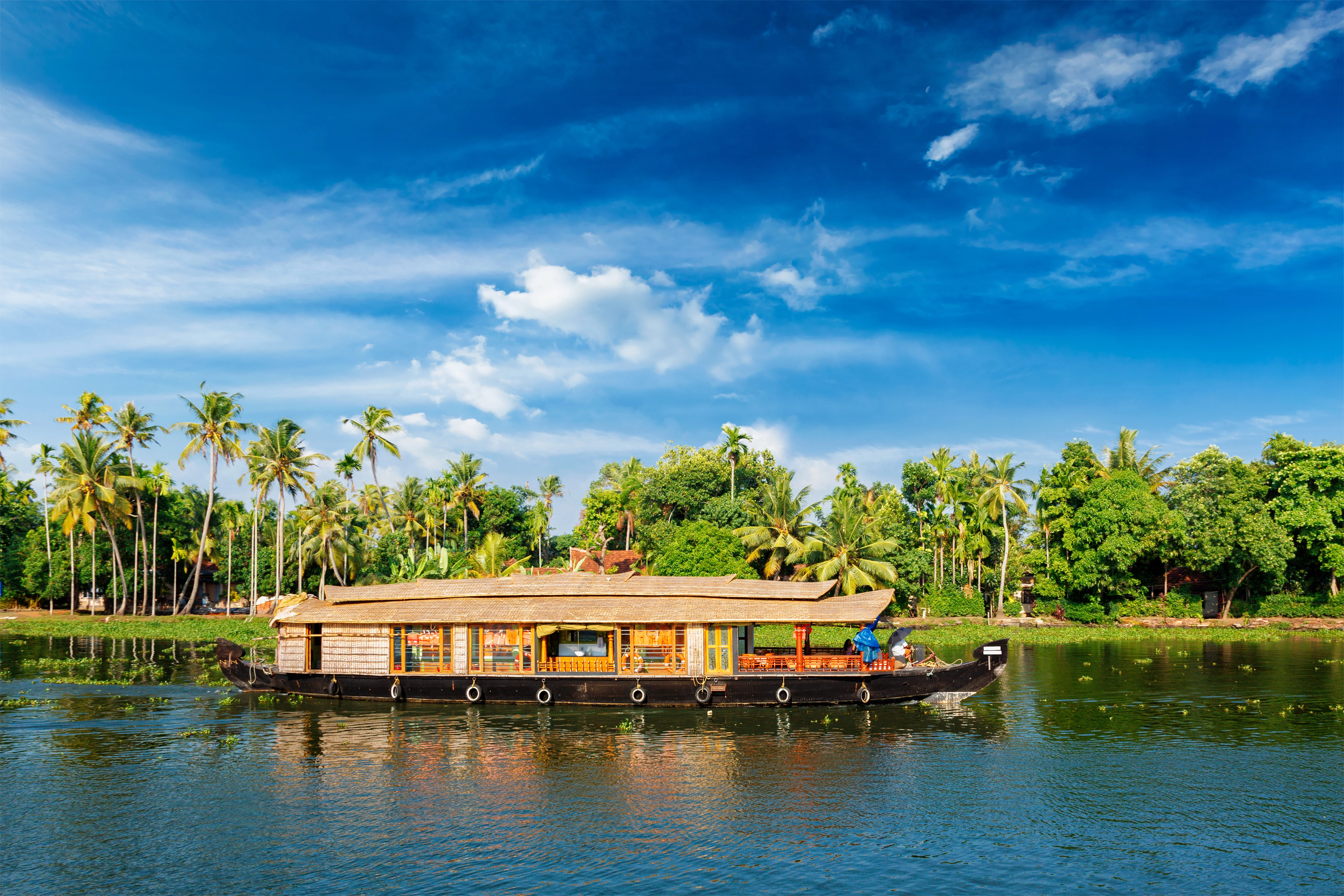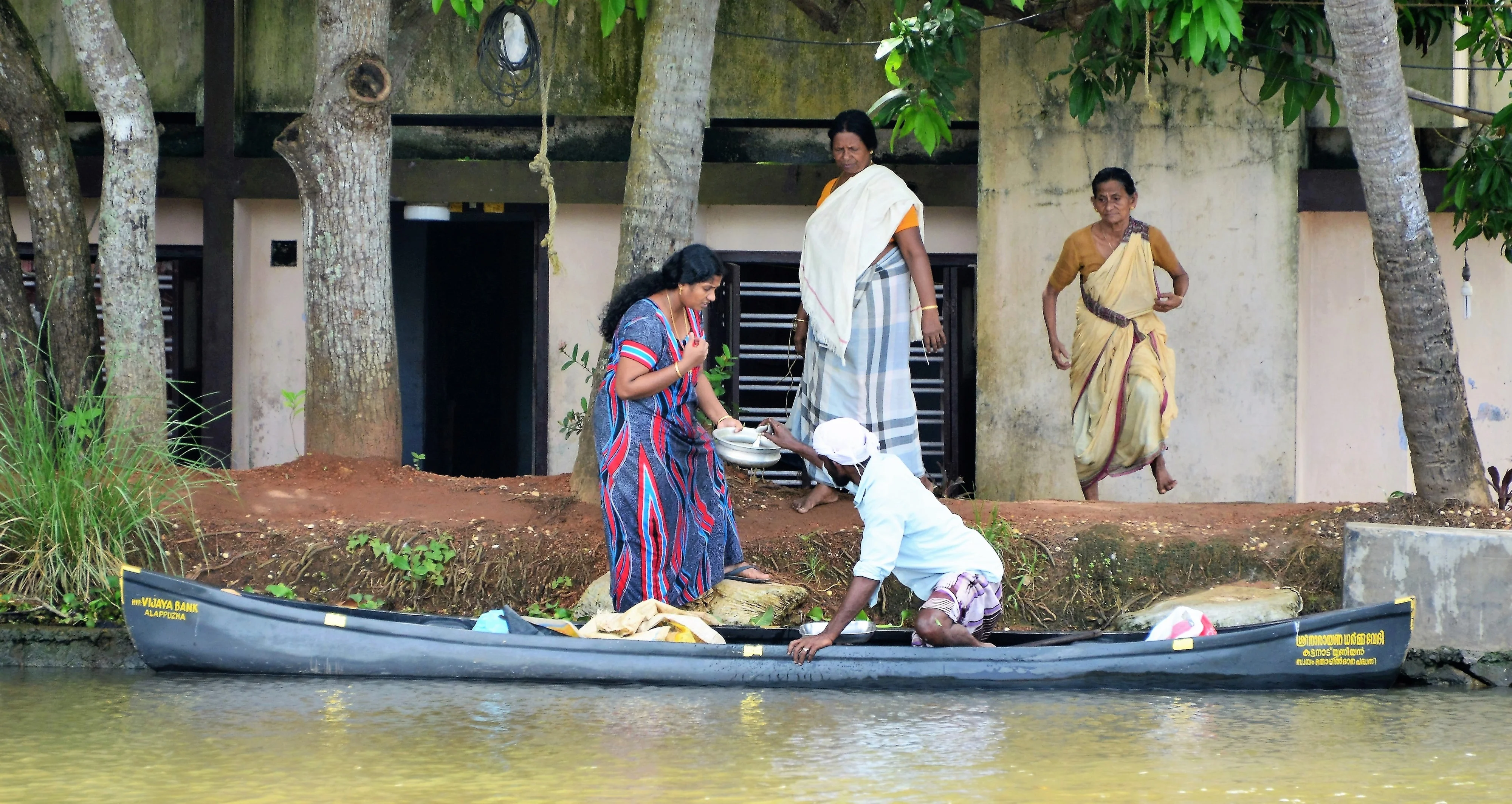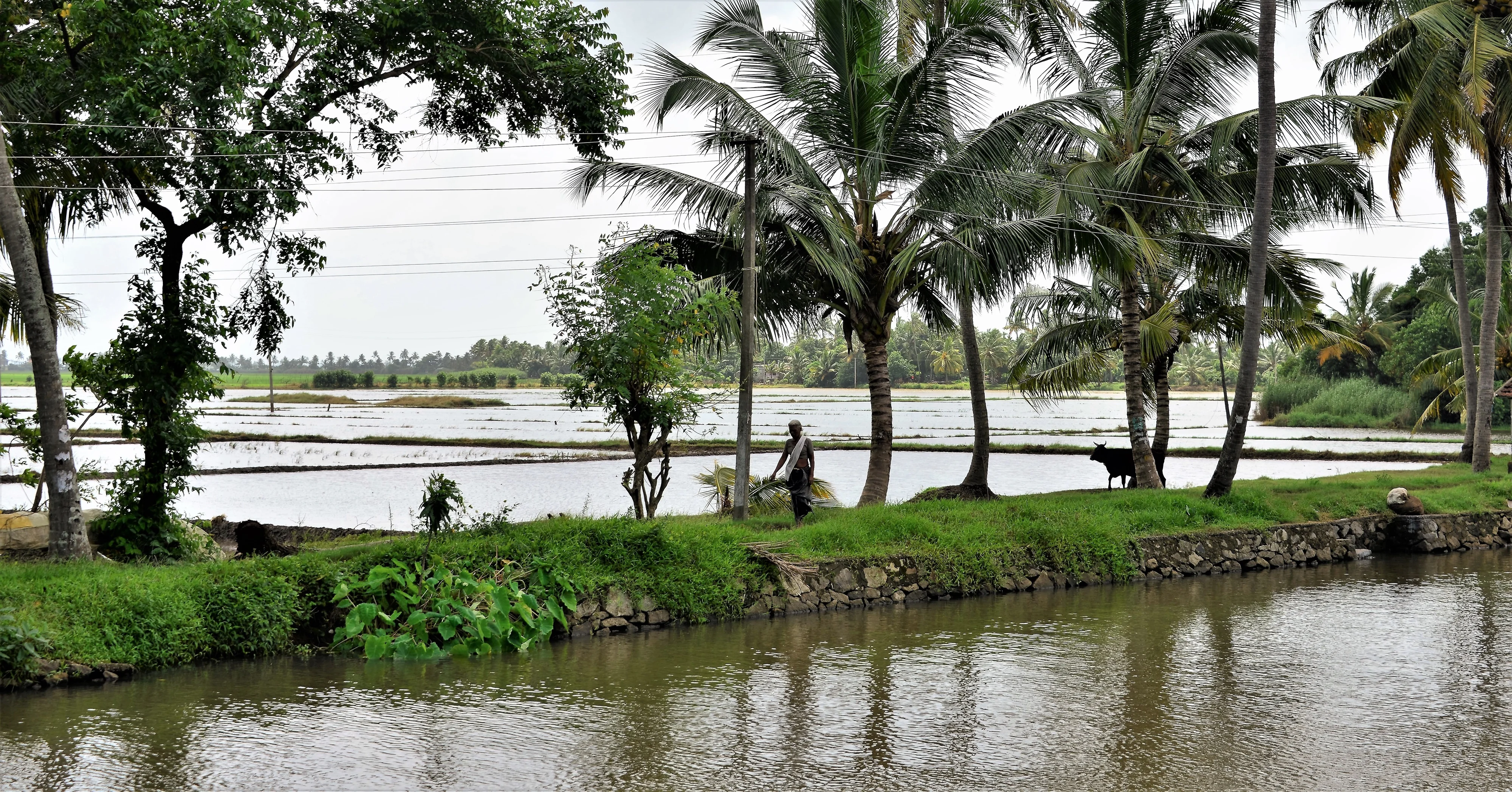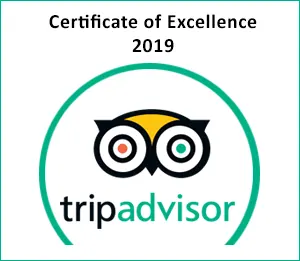Historic Walk. Continue exploring more with an 8-to-10-minute walk through historic Fort Kochi’s charming streets and alleys that are surrounded by Portuguese, Dutch and British architecture, and full of chic small cafes, boutique stores, art galleries, and a lot more.
Santa Cruz Basilica and St. Francis Church. Arrive at Santa Cruz Cathedral Basilica and experience its impressive collection of colorful artworks. A 5 minute walk from here will bring you to the St. Francis Church, which was established by the Portuguese Franciscan Friars in 1503. This is the first European church built in India, and the famous Portuguese explorer, Vasco Da Gama, the first European to reach India by sea, was buried in its courtyard for a few years before his remains were returned to Portugal.
David Hall. A 2-minute walk will bring you to David Hall, a 17th century historic building that has been painstakingly restored and houses a rotating selection of art exhibits, mainly focusing on young artists. The excellent and popular small café in the building will be your stop for lunch, and you will order ala carte. The food is CGH Earth quality, but here the focus is on casual Indian and western cuisine and drinks, including woodfired thin crust pizza’s prepared in an Indian clay oven – we strongly recommend trying the seafood topped ‘Fort Cochin’ Pizza!
Mattancherry Palace. After lunch a 10-minute drive through Fort Kochi will bring you to the Dutch Palace which was actually built by the Portuguese in 1555 and is famous for its detailed carved wooden murals depicting scenes from the Ramayana and the Puranic legends. Also known as Mattancherry Palace, this is an unattractive squat building that bears no similarity to the opulence of other palaces, or even mansions, in India.
Paradesi Synagogue. Very near the palace is the Jewish Synagogue which was built in 1568 and is still an active house of worship for the few remaining Jews in the area. To get to the synagogue you will walk on Jew Street which runs through Jew Town – ancient street signs still identify these names! Fort Kochi’s ancient and colorful Jew Street now has antique stores and souvenir and art outlets. There was a Jewish presence in Kochi from 70 A.D. and the charming synagogue you will visit once was a busy house of worship for the locals.
(Overnight – Fragrant Nature)
Day 21: Cochin – Kumarakom and Backwater Cruise. (Breakfast and Lunch)


